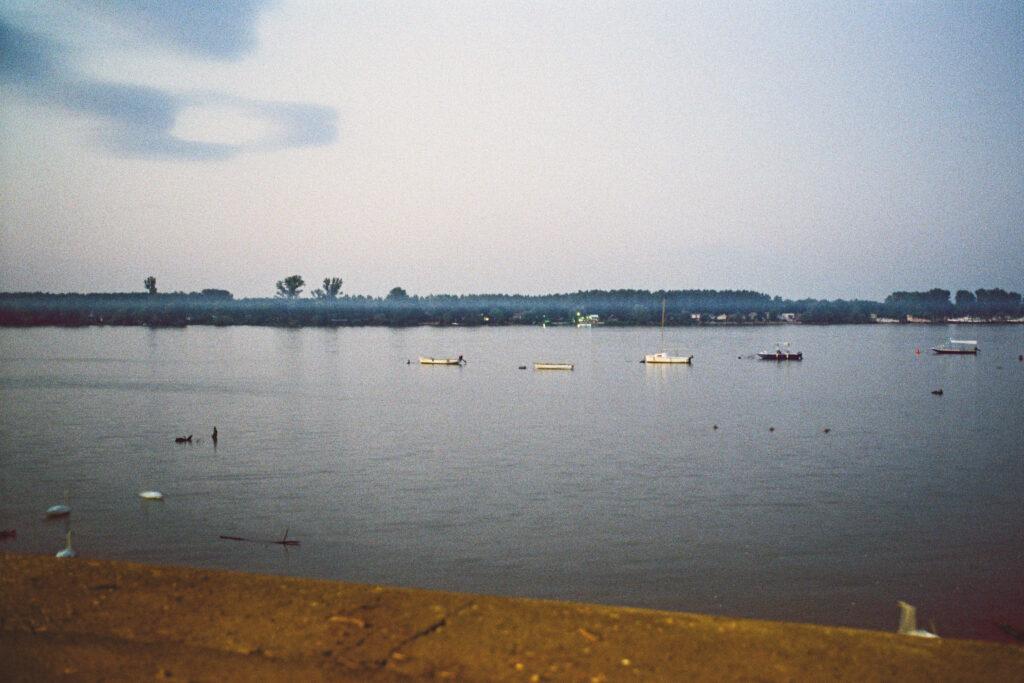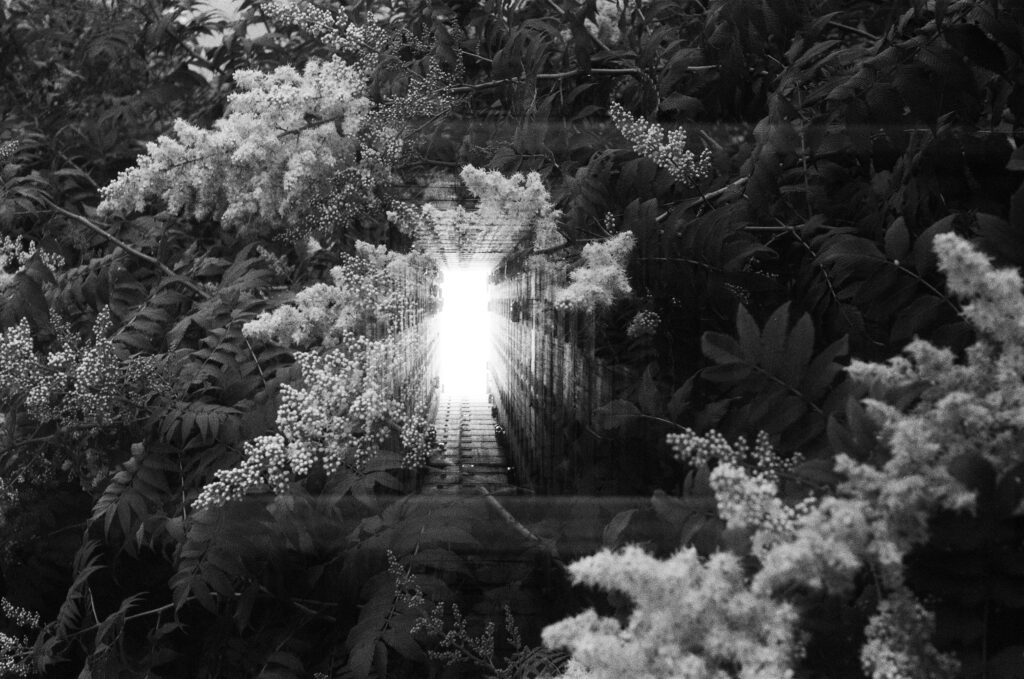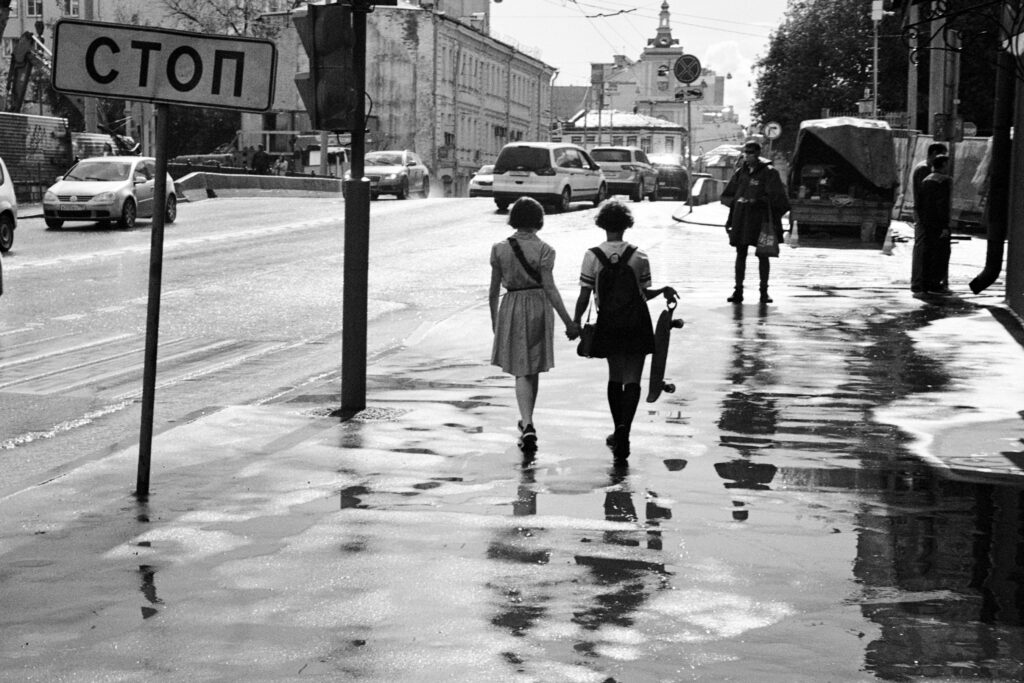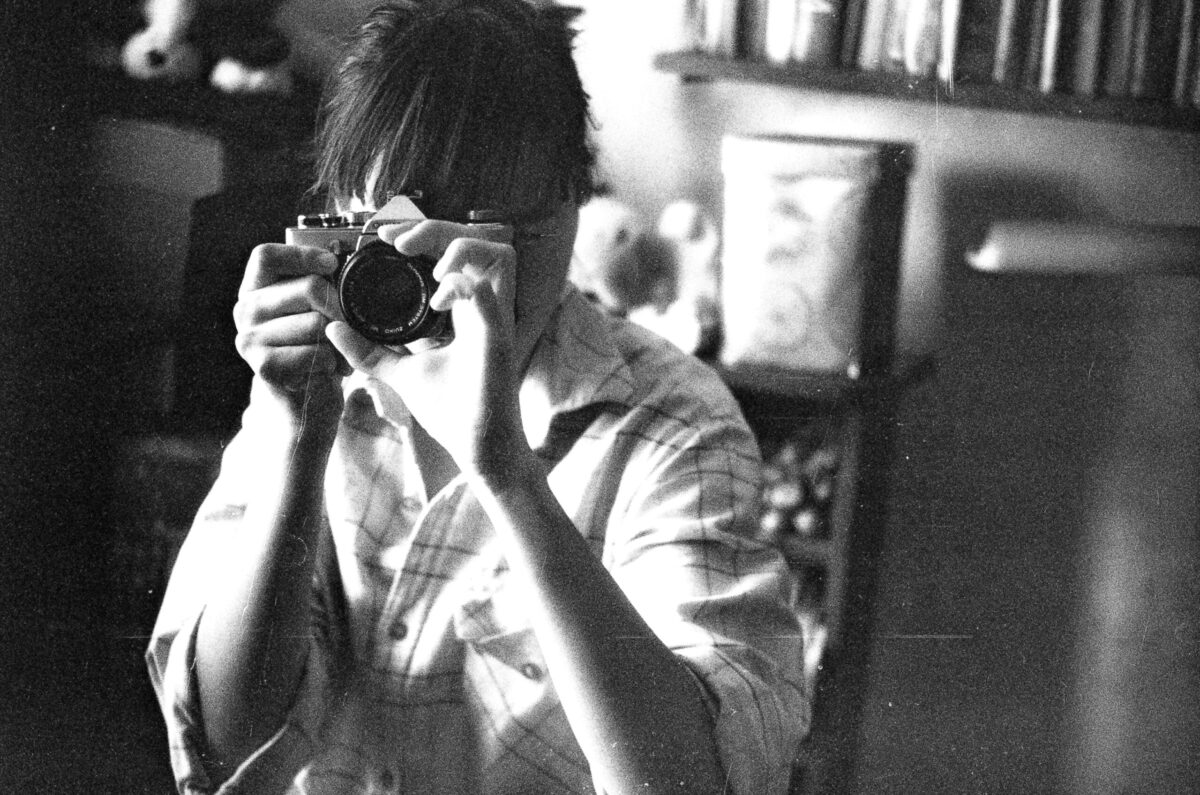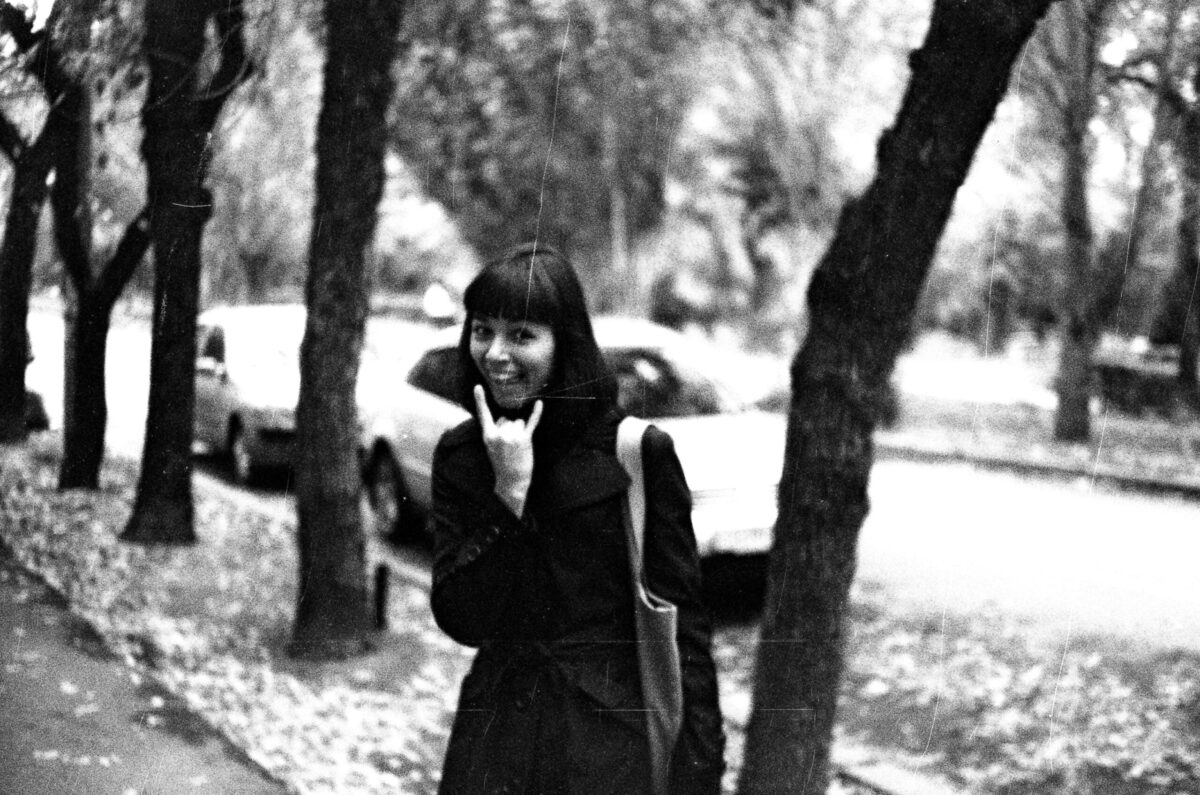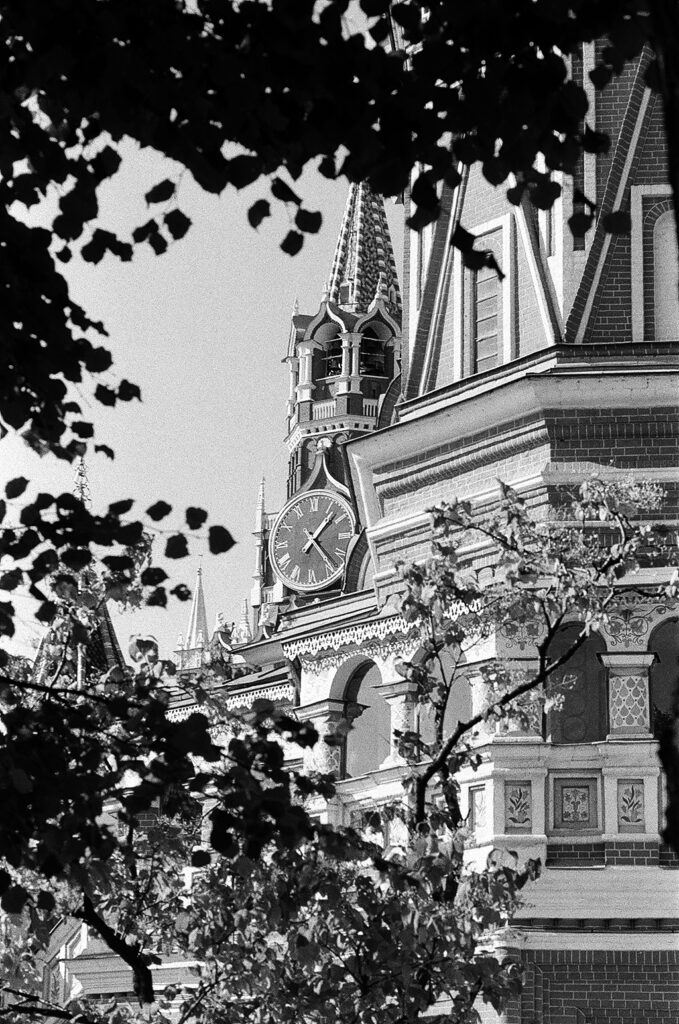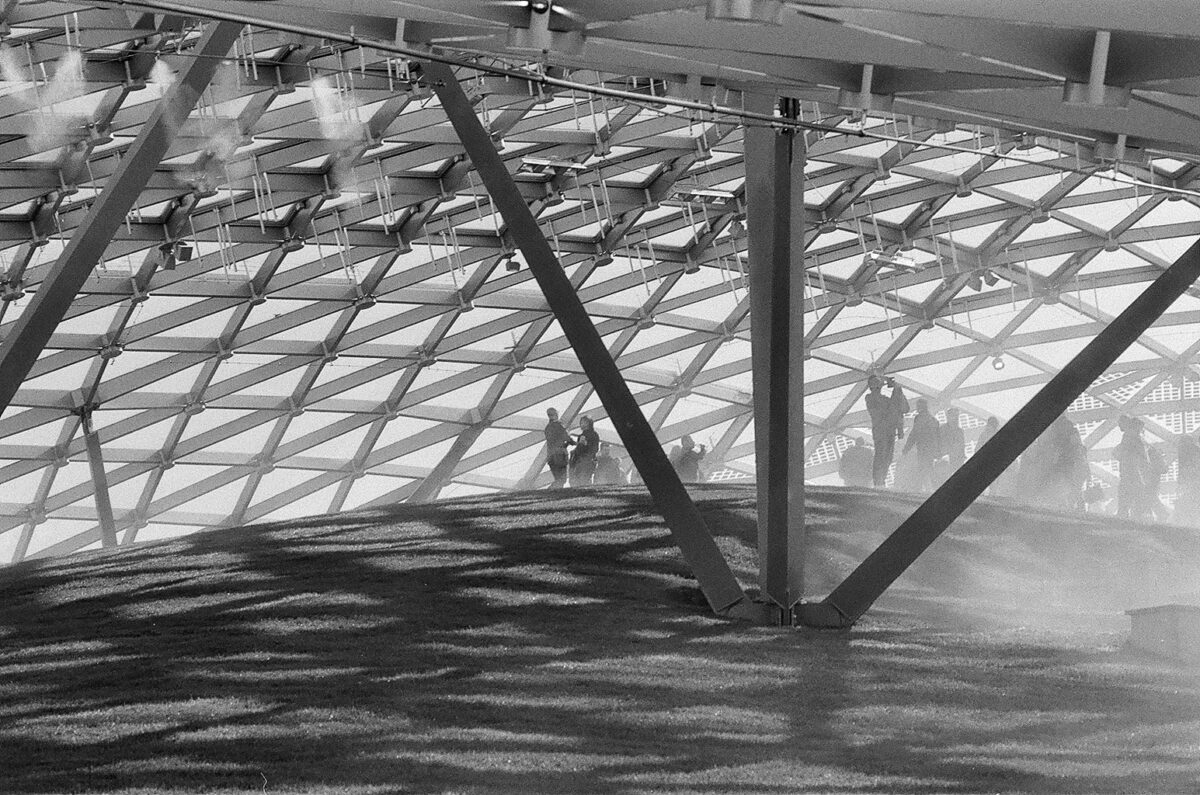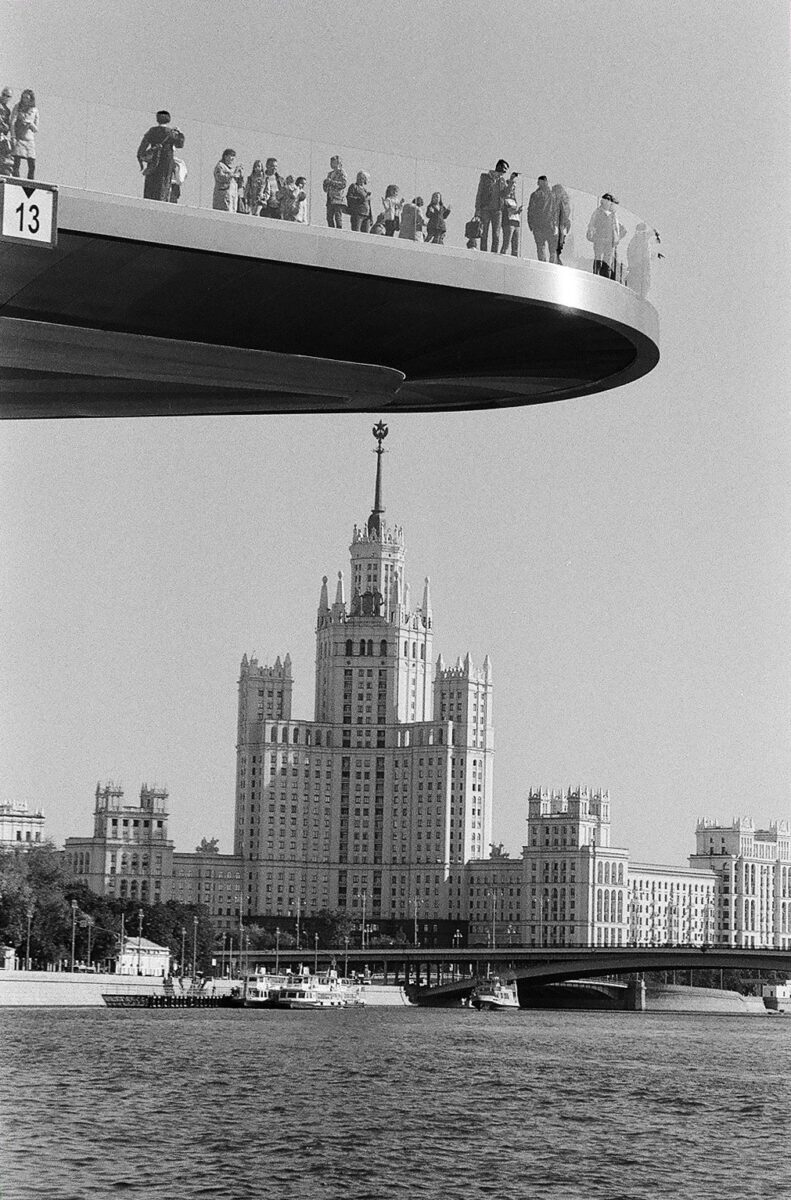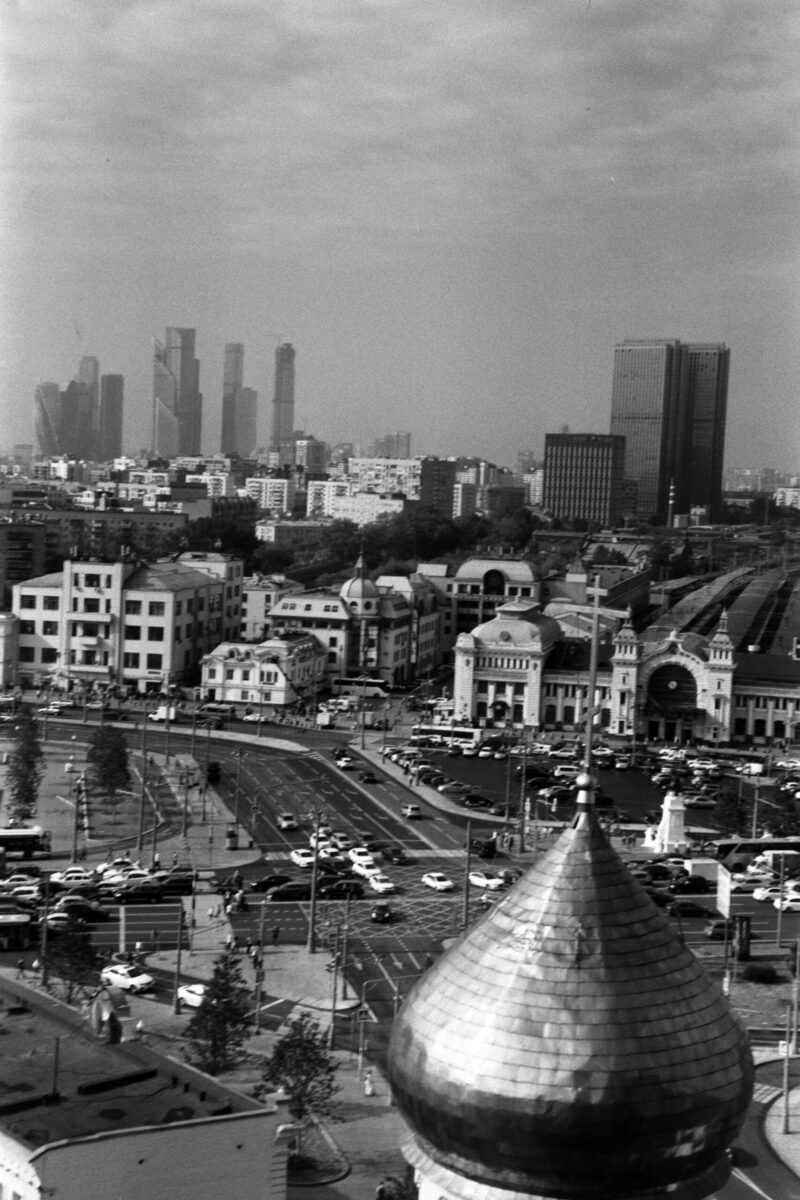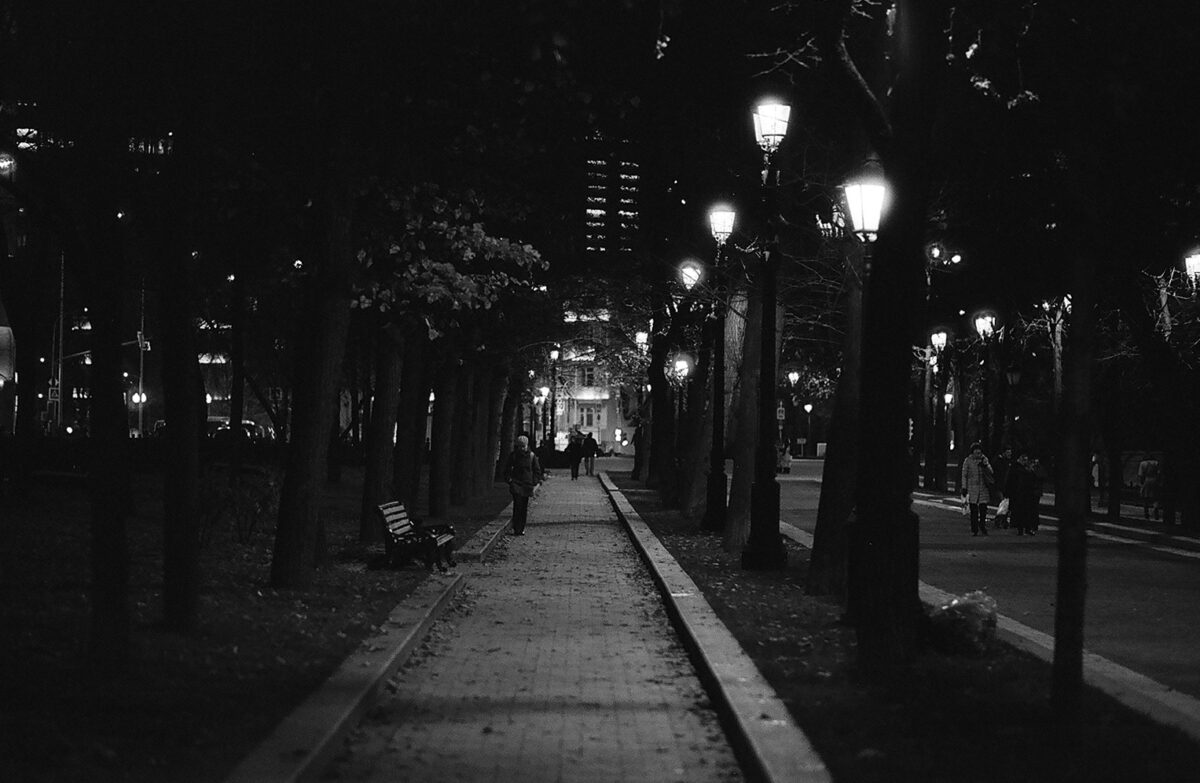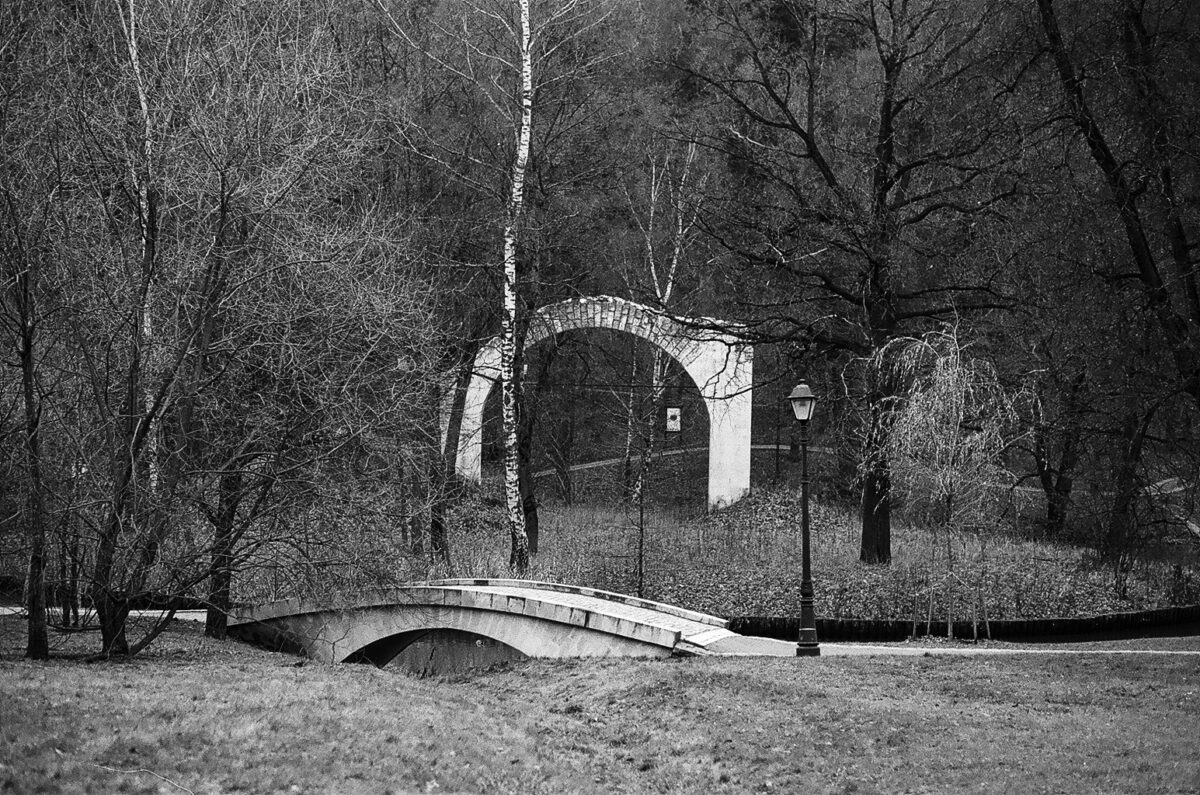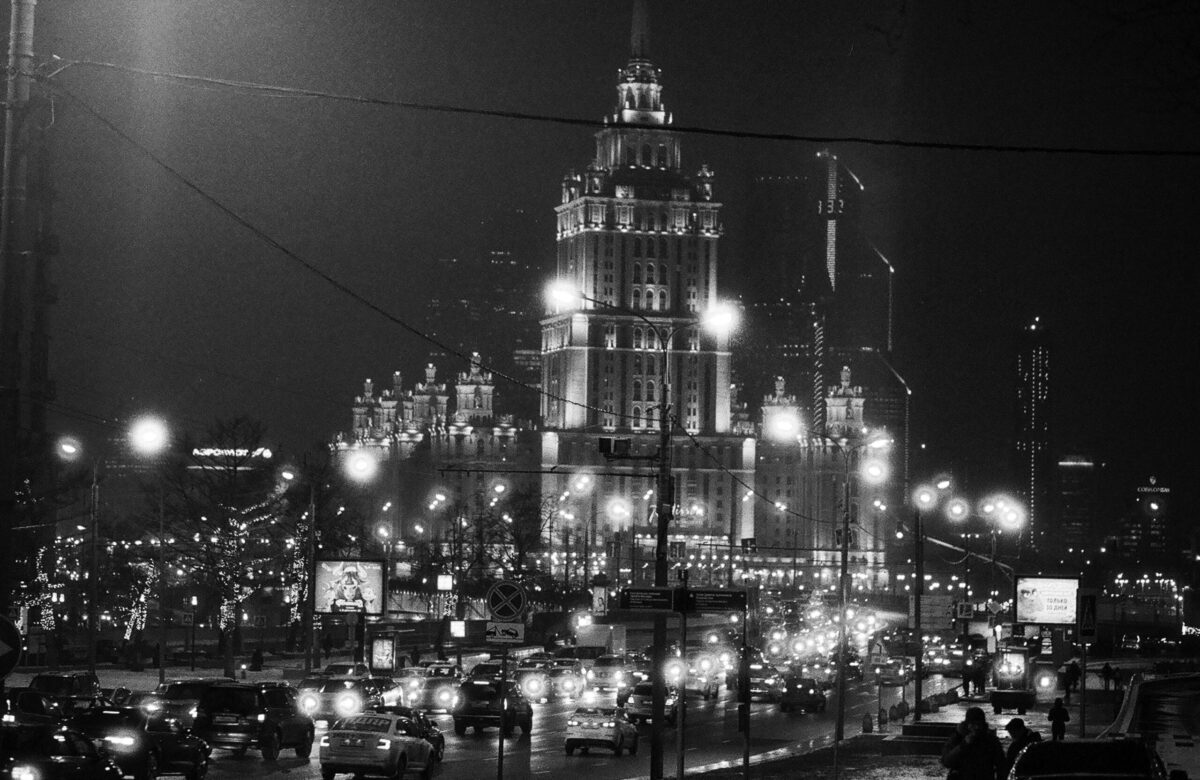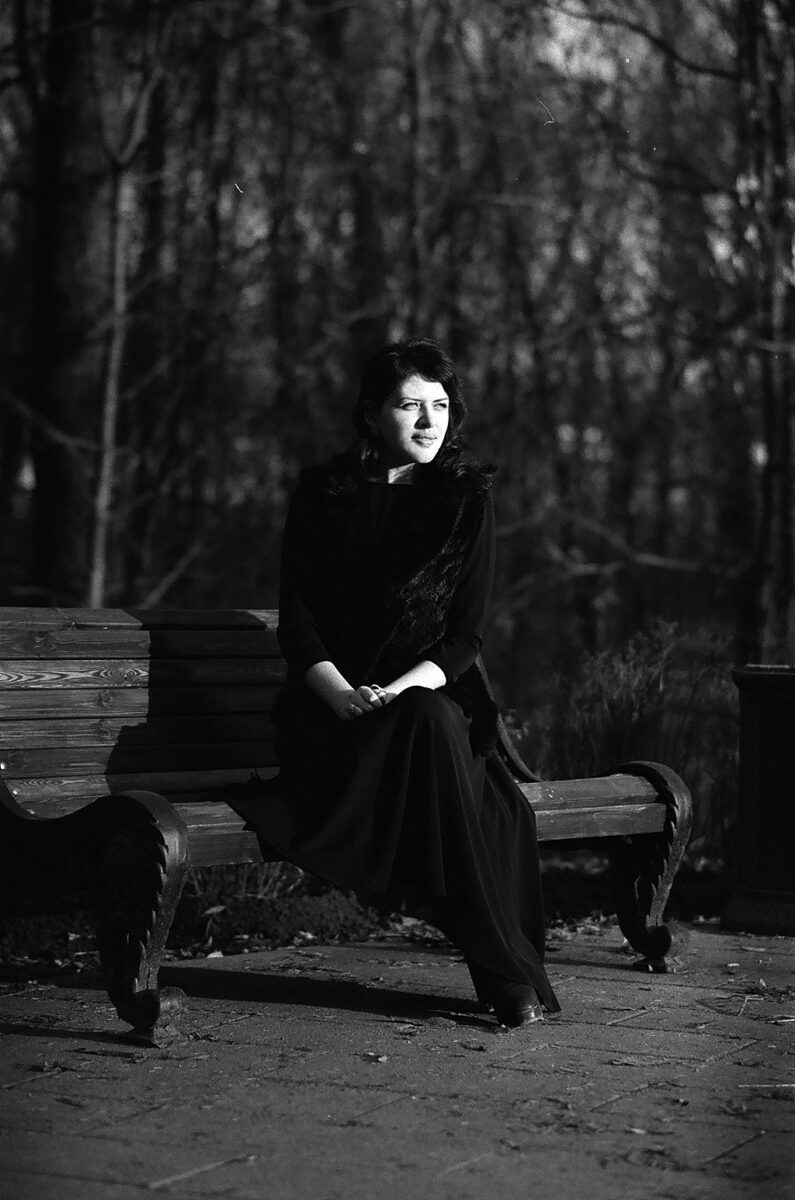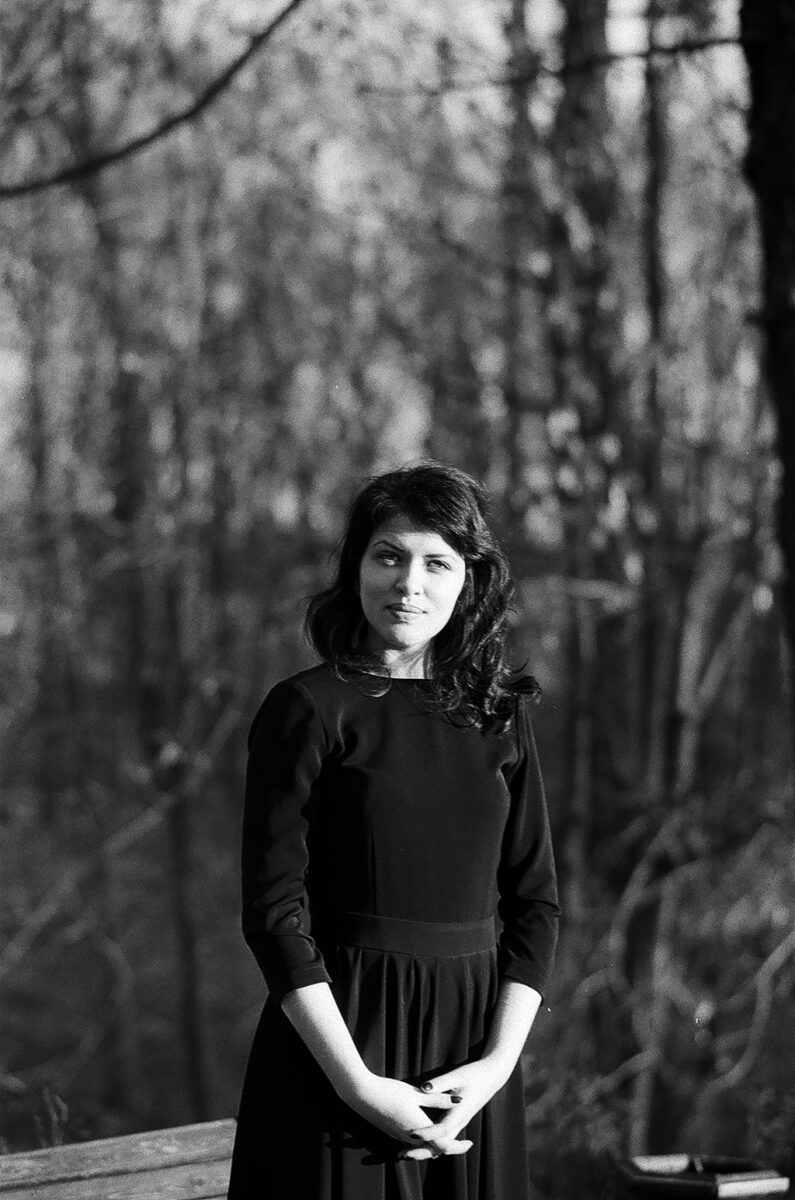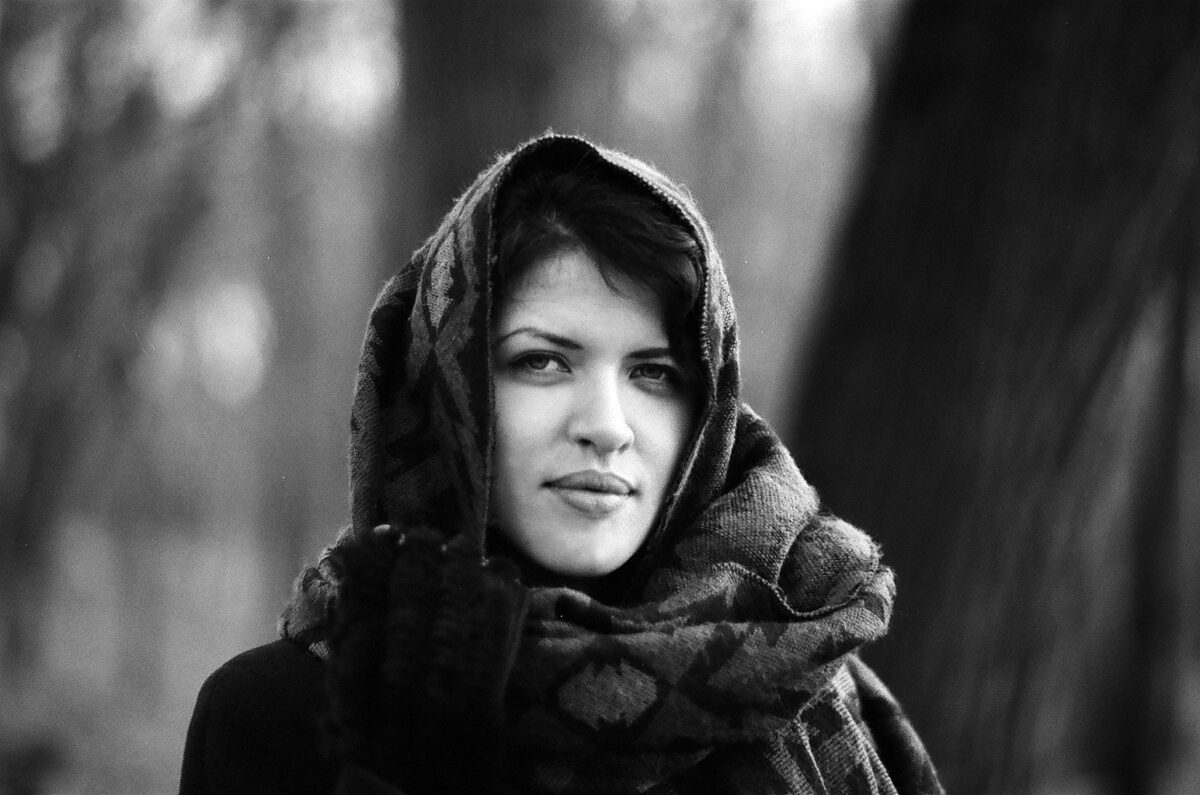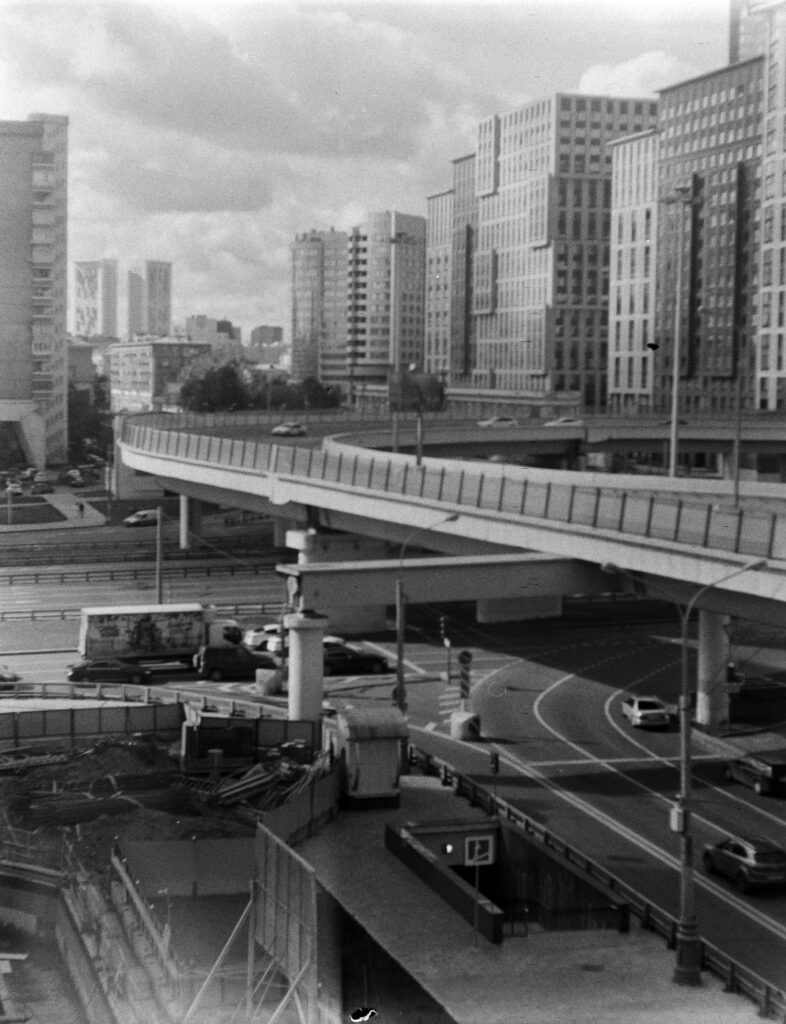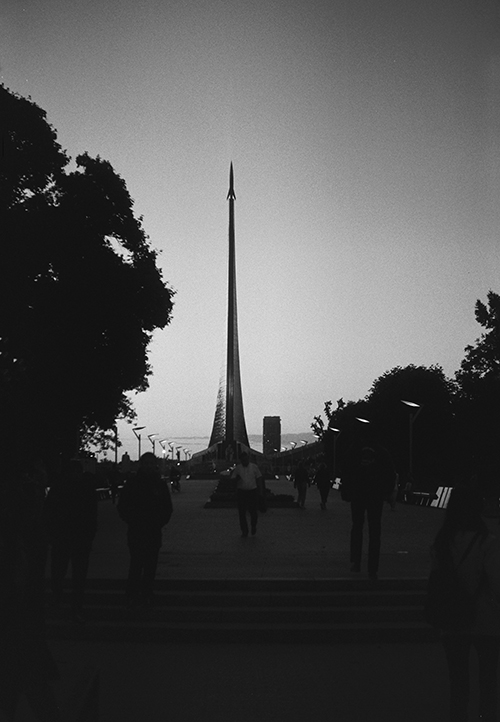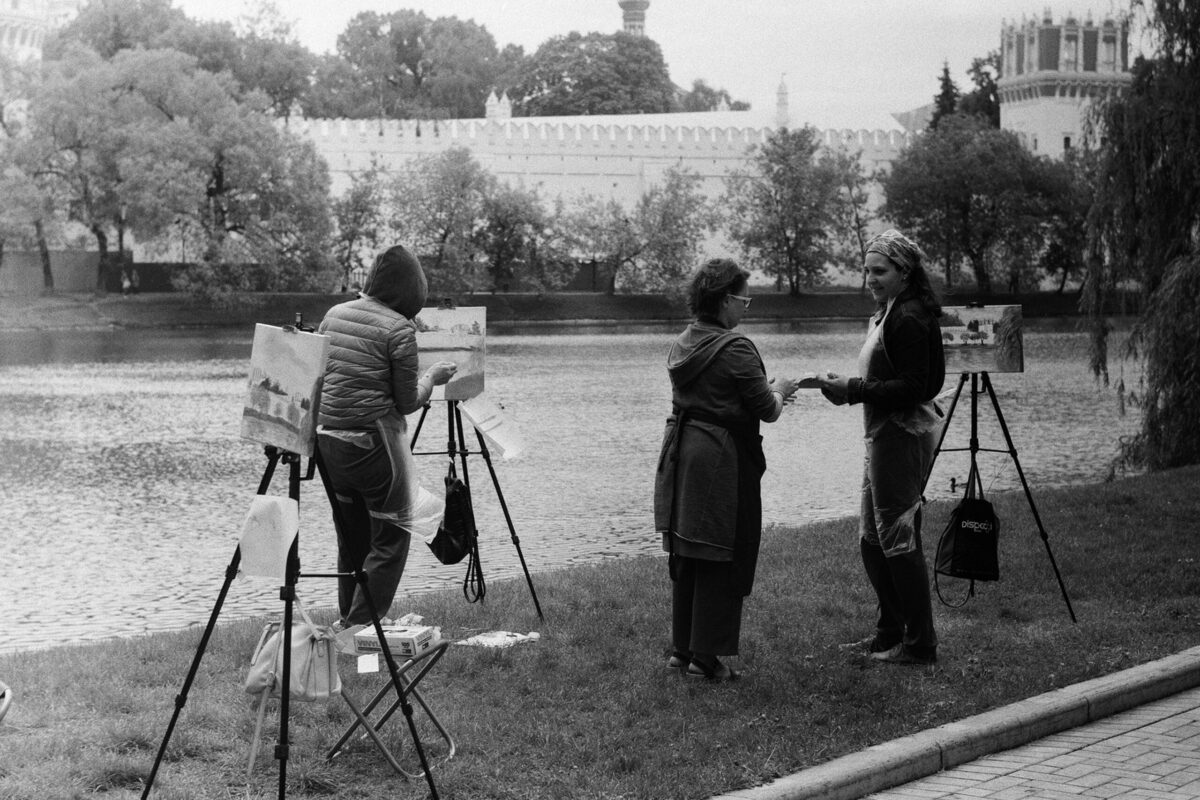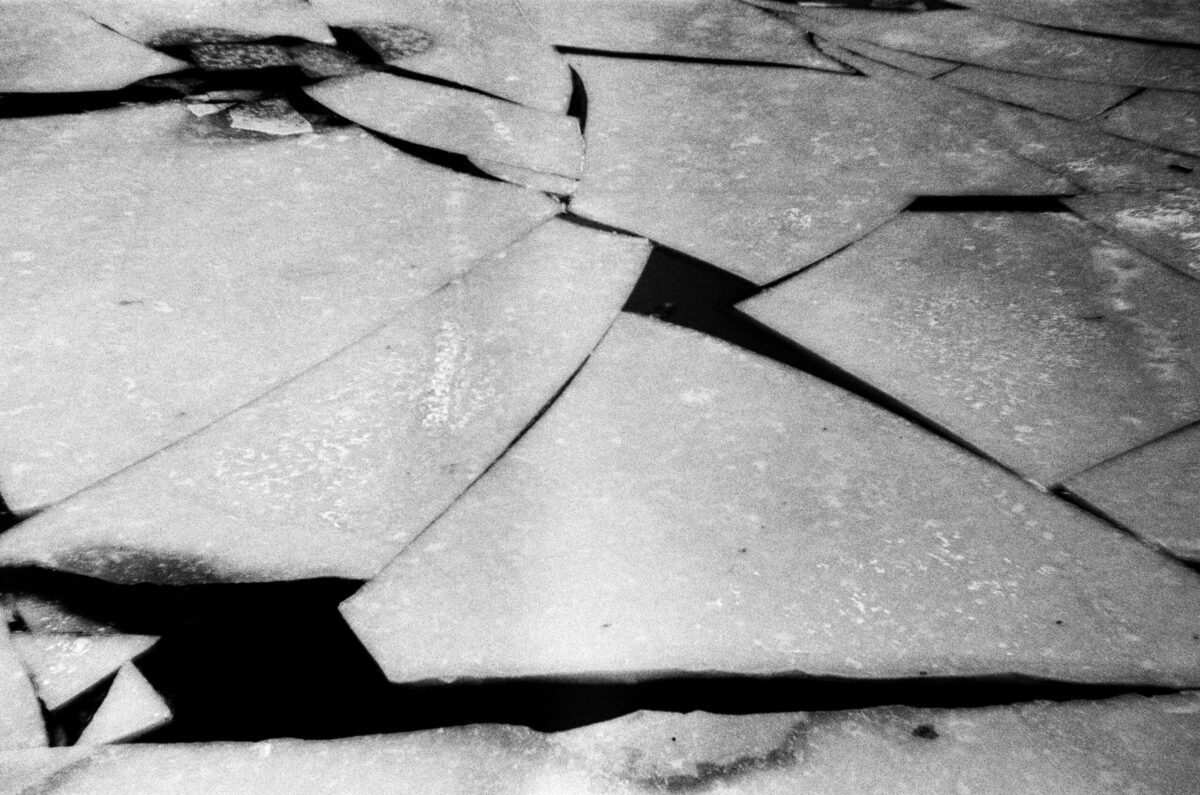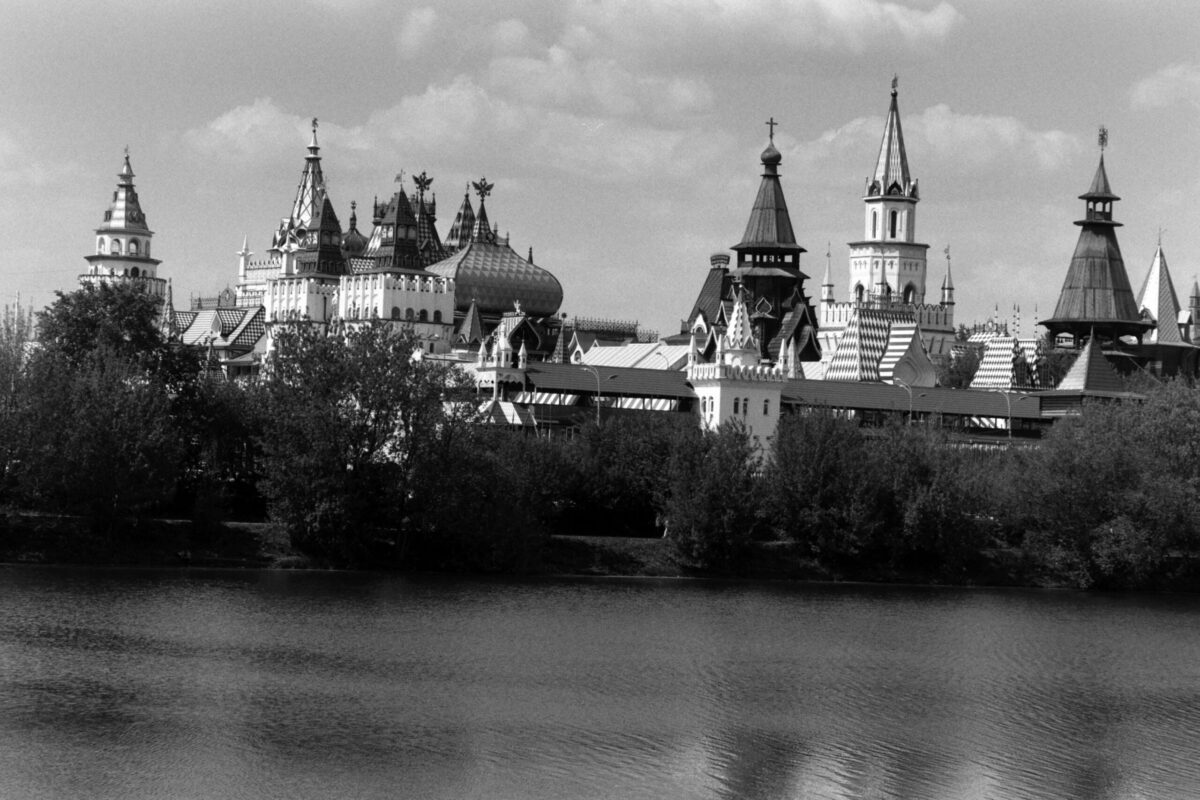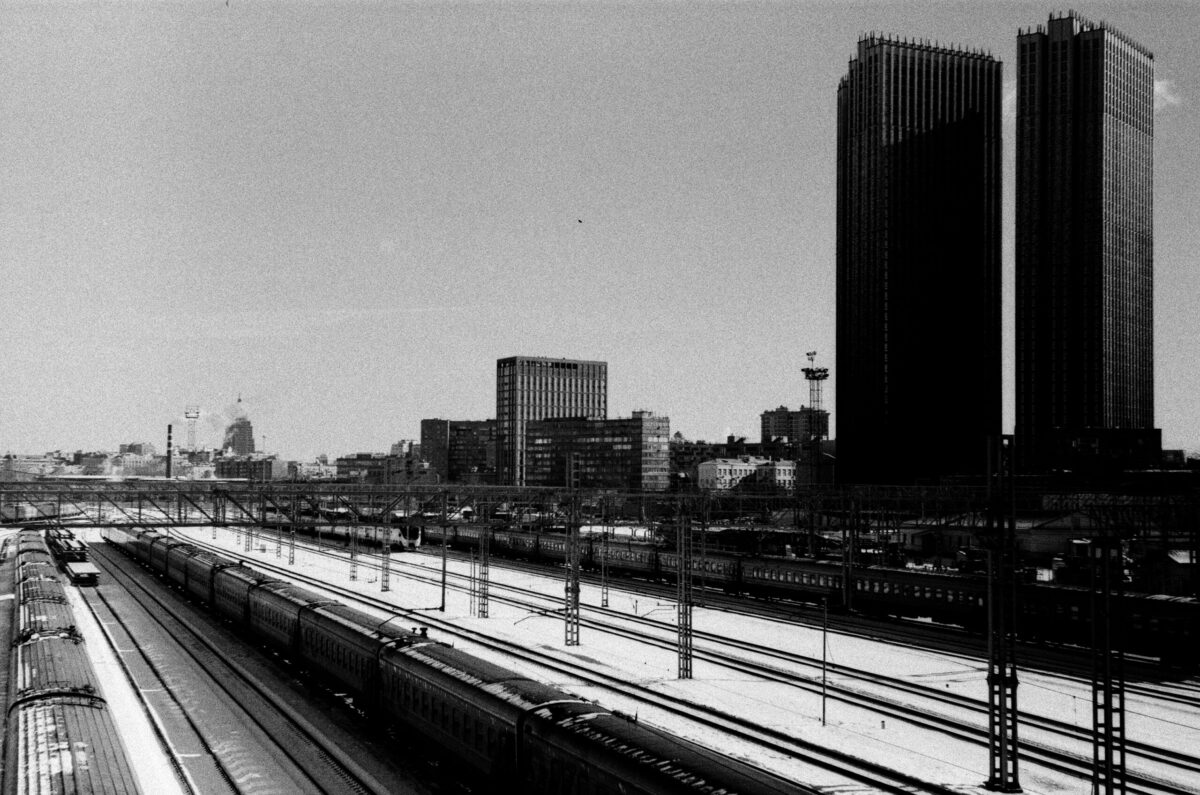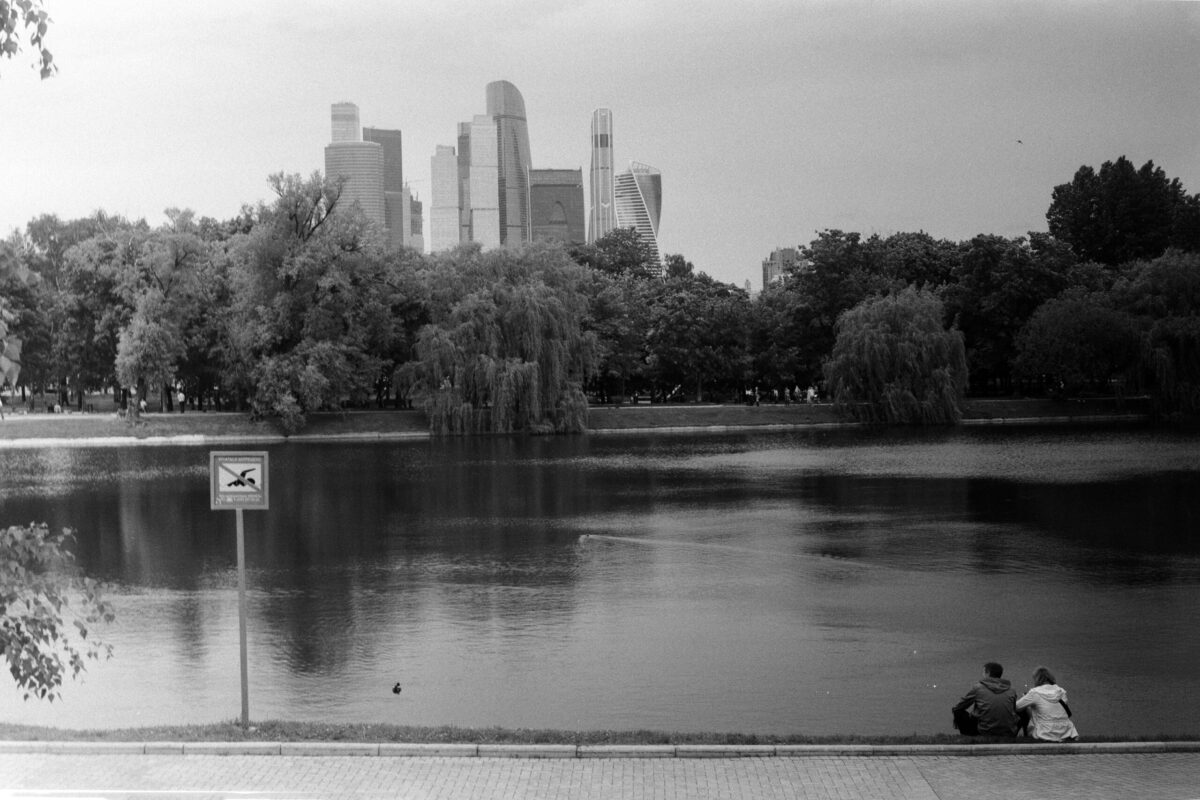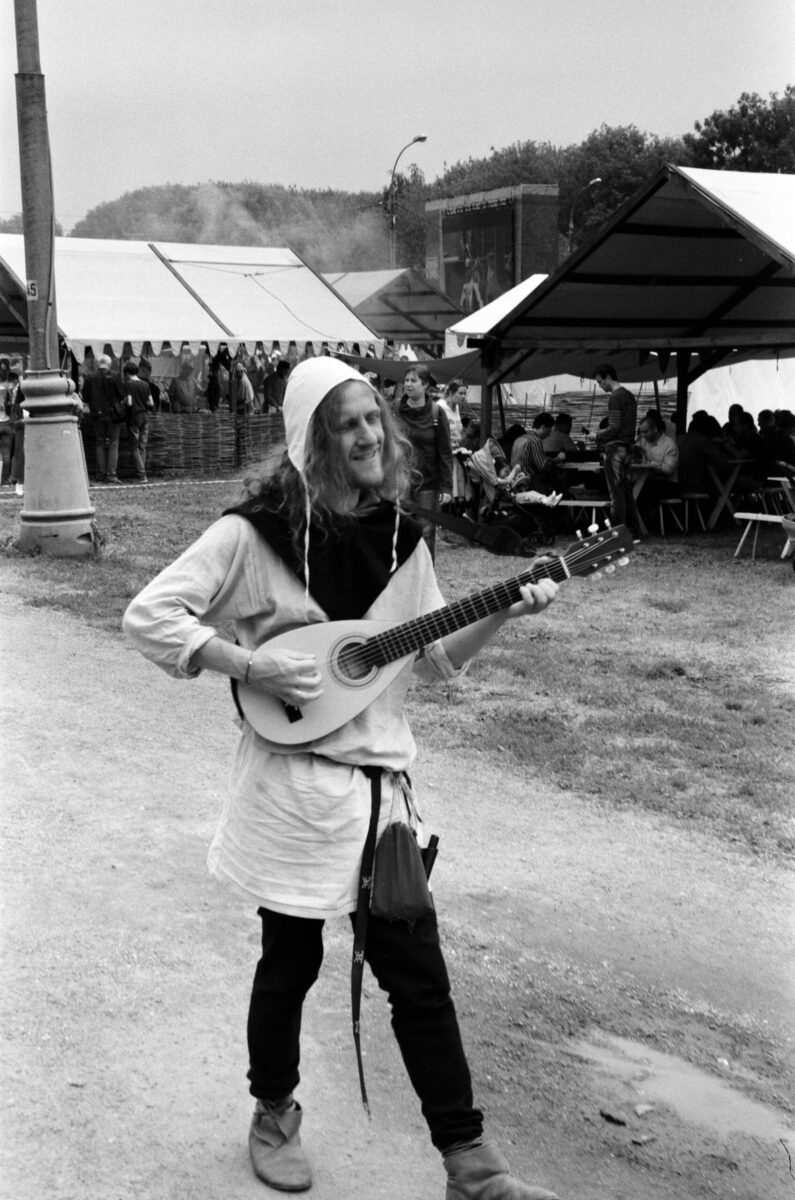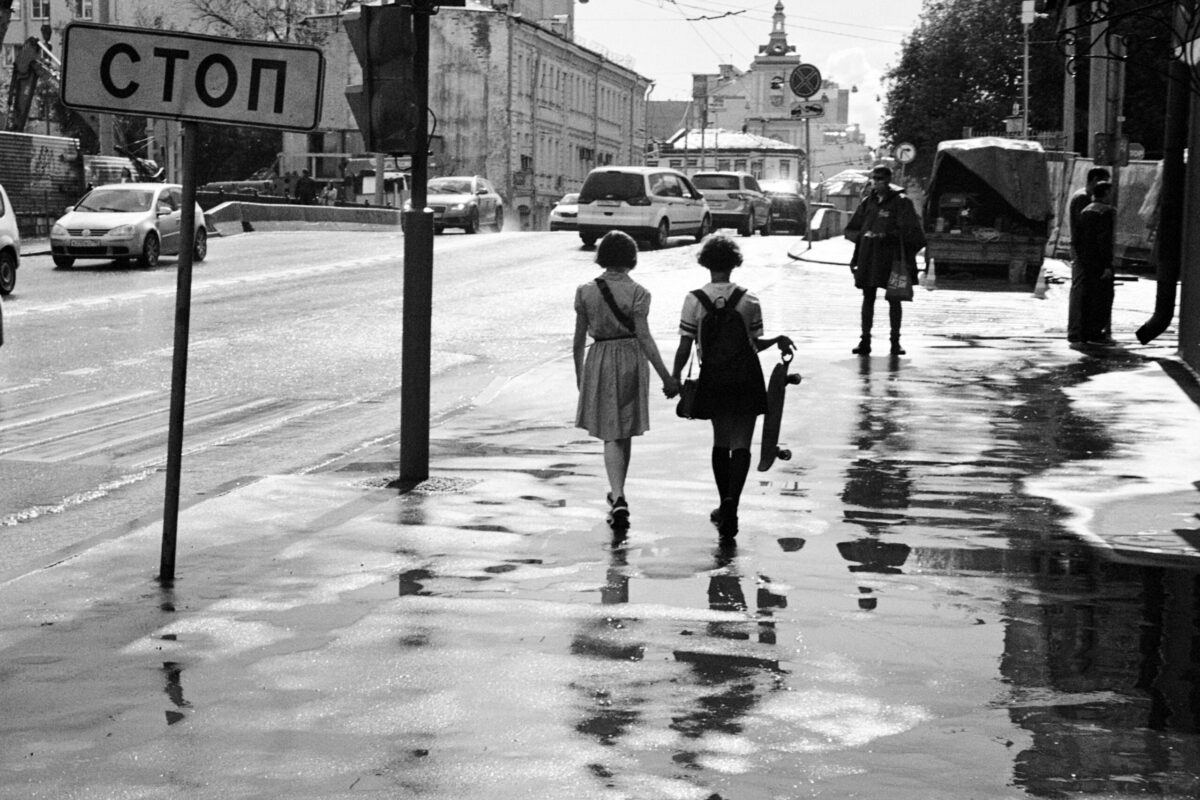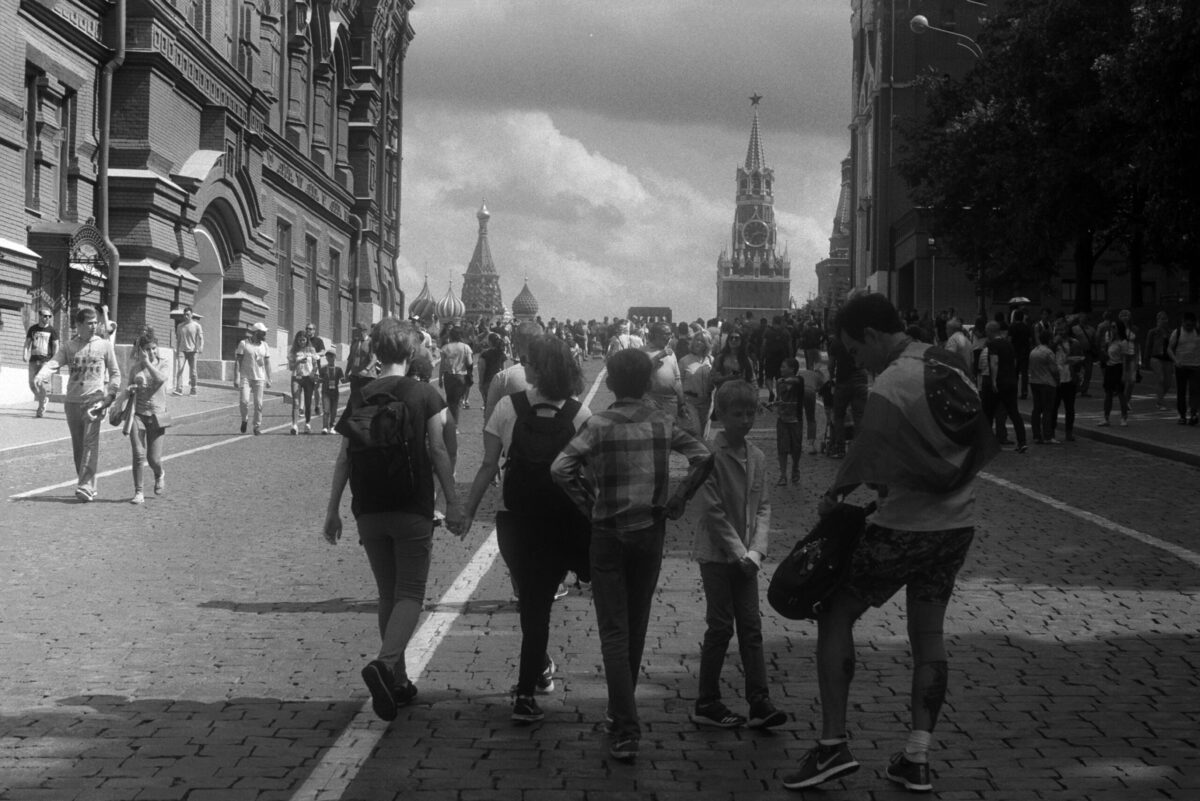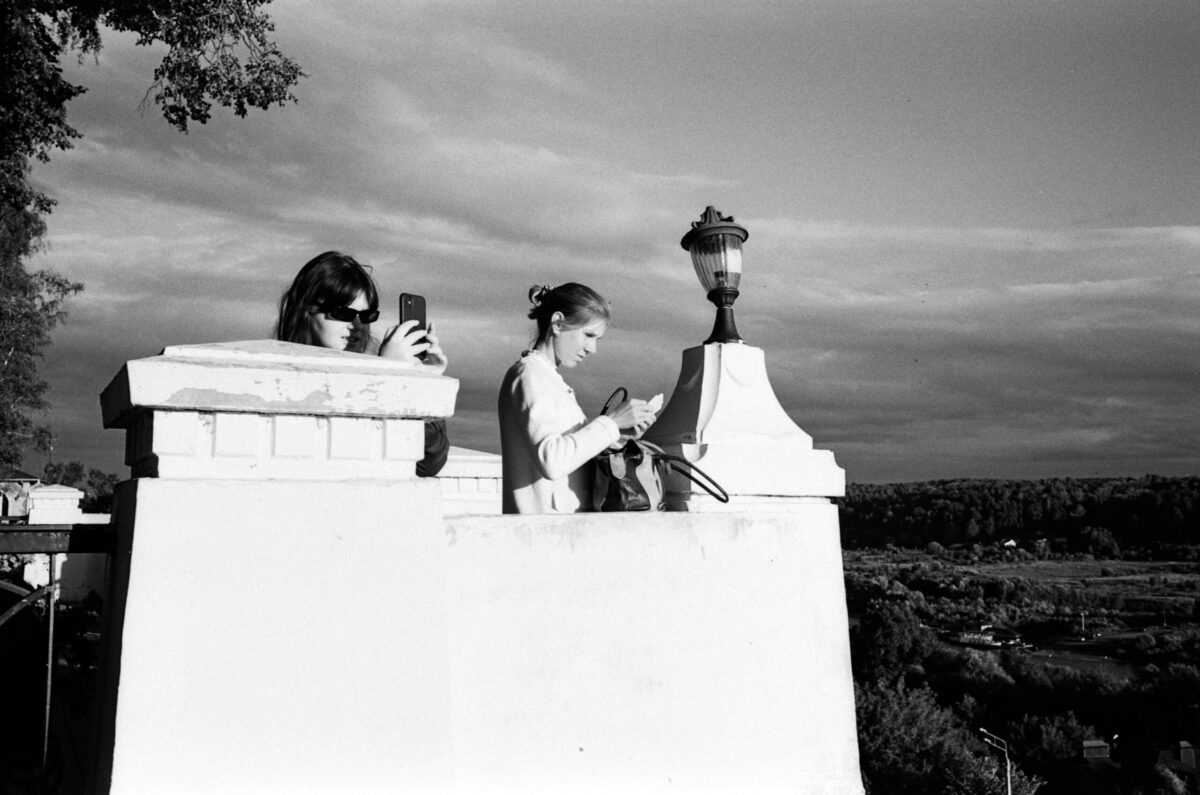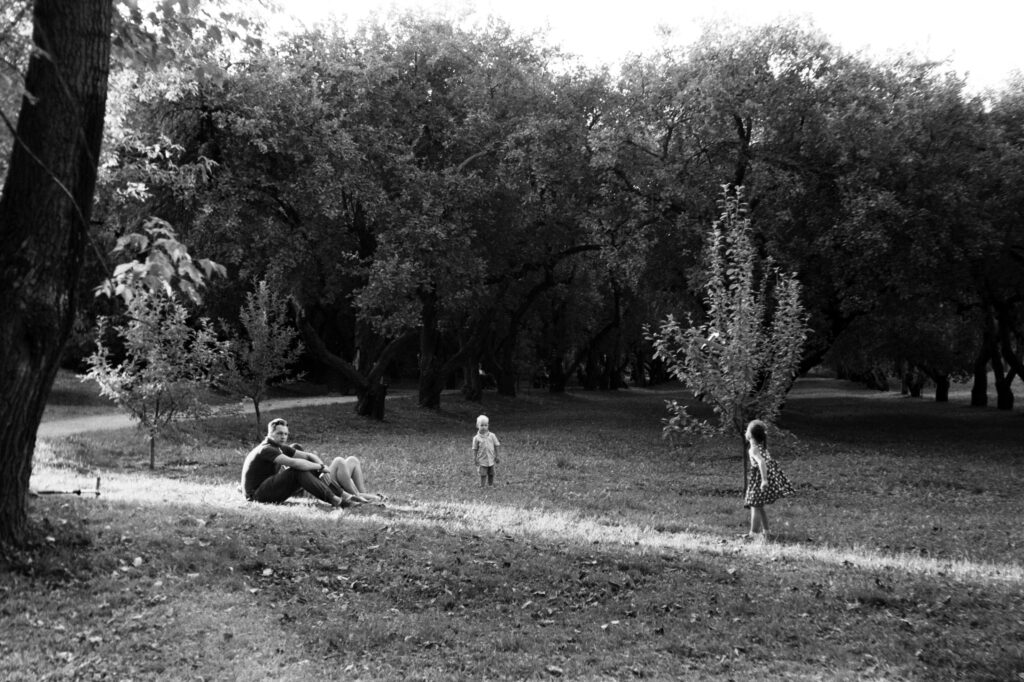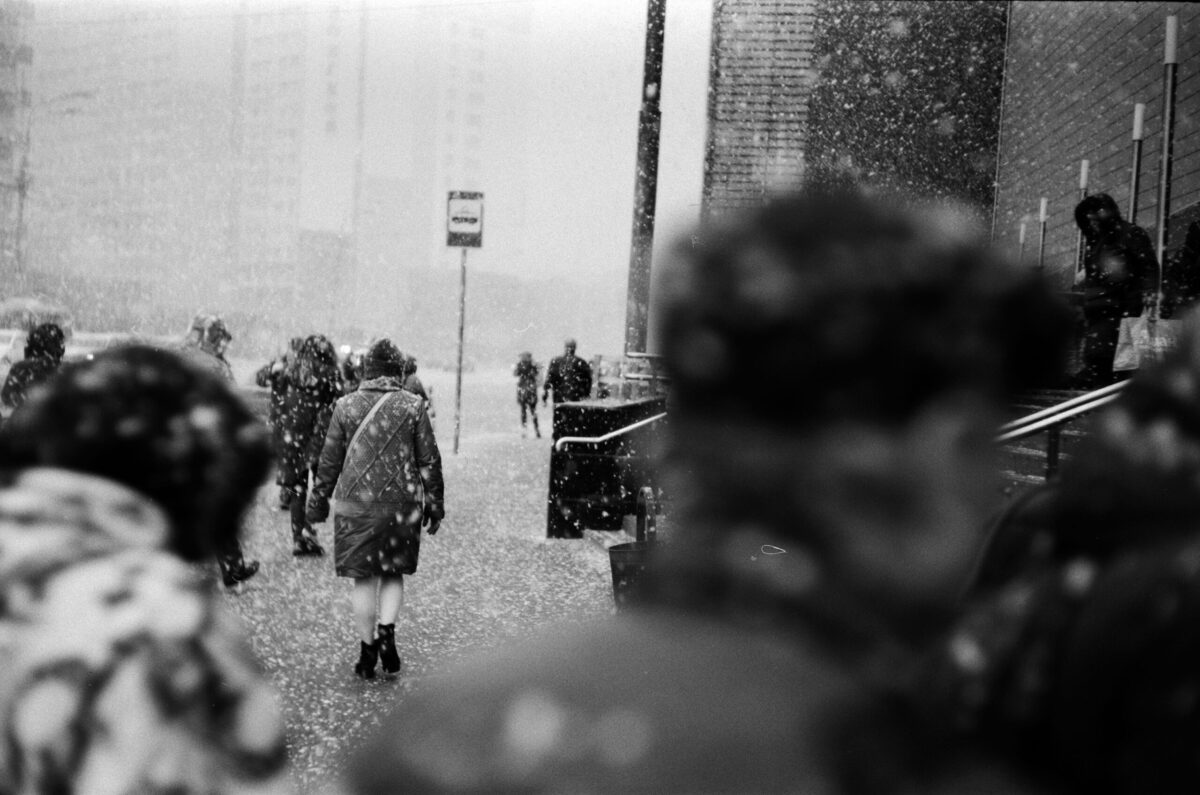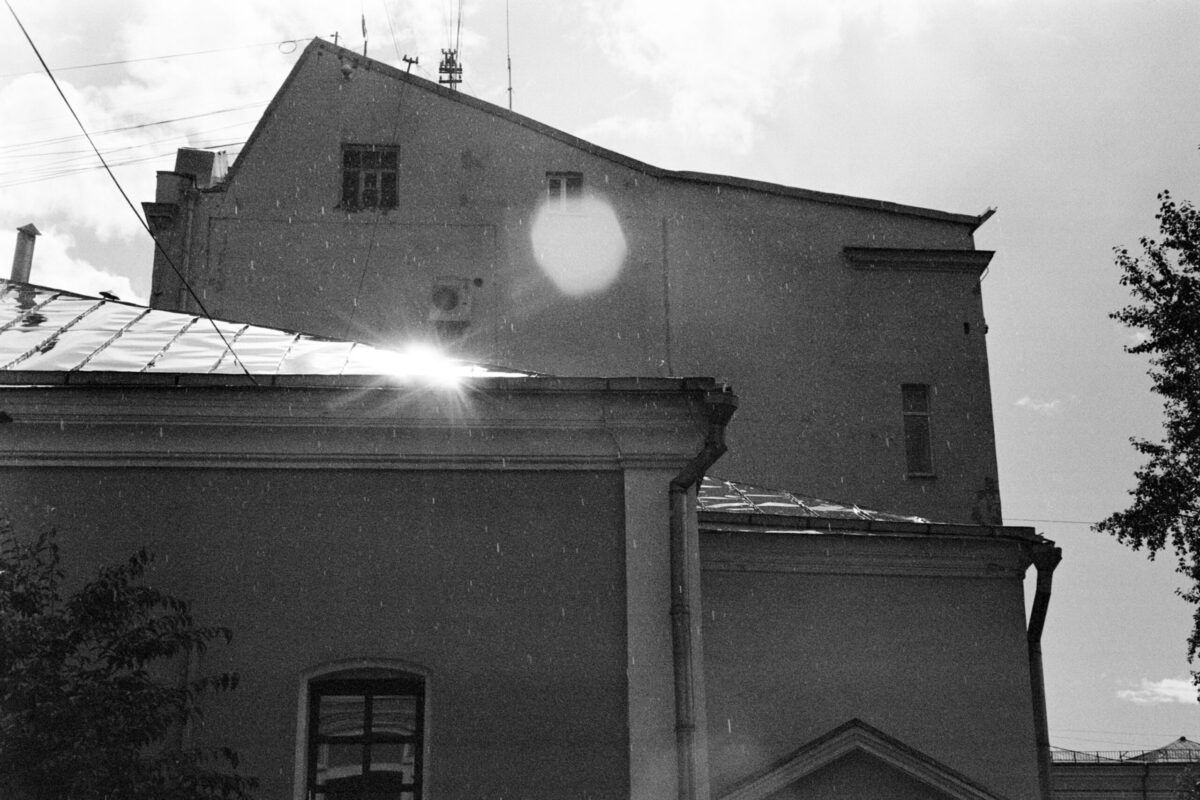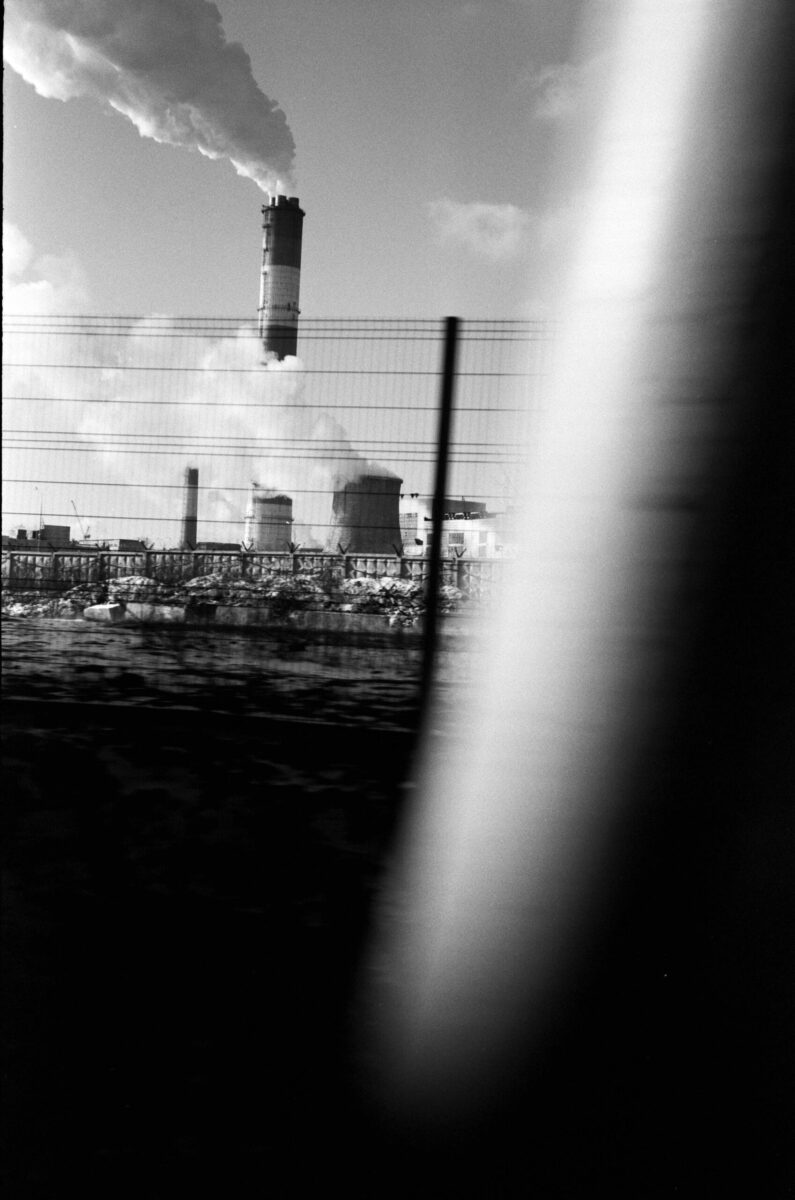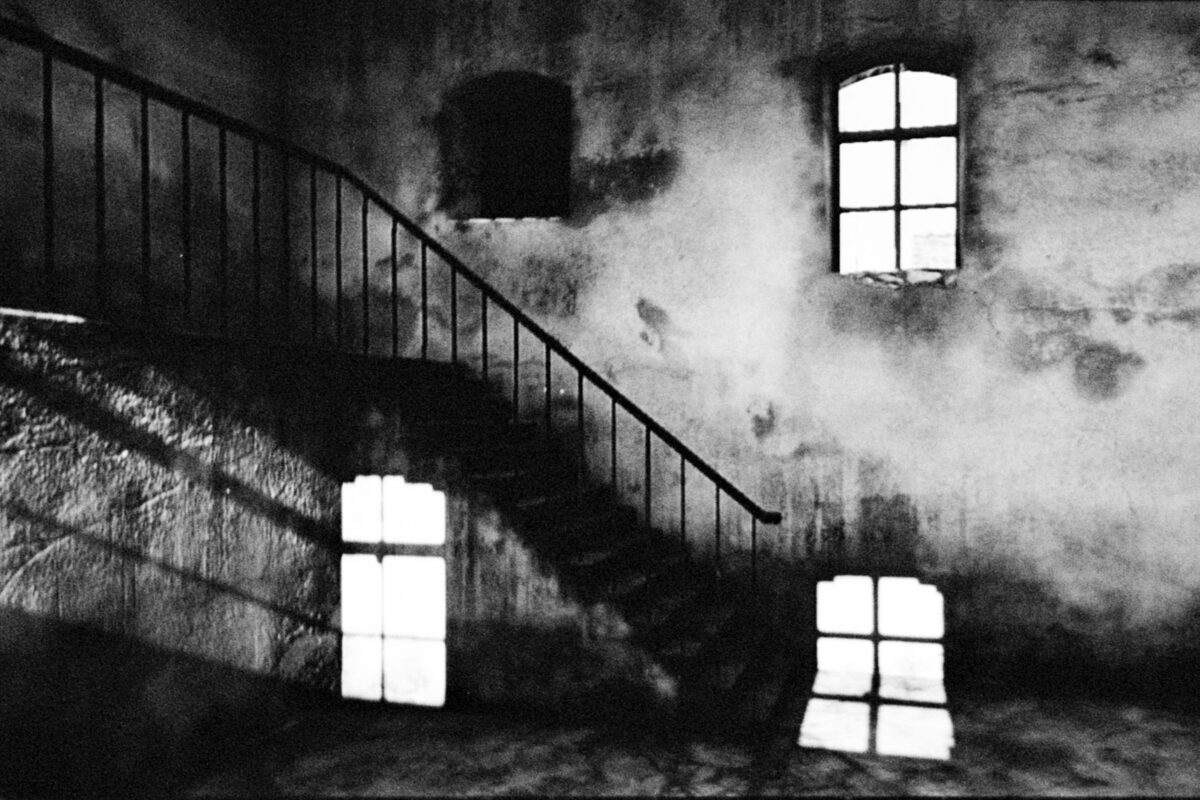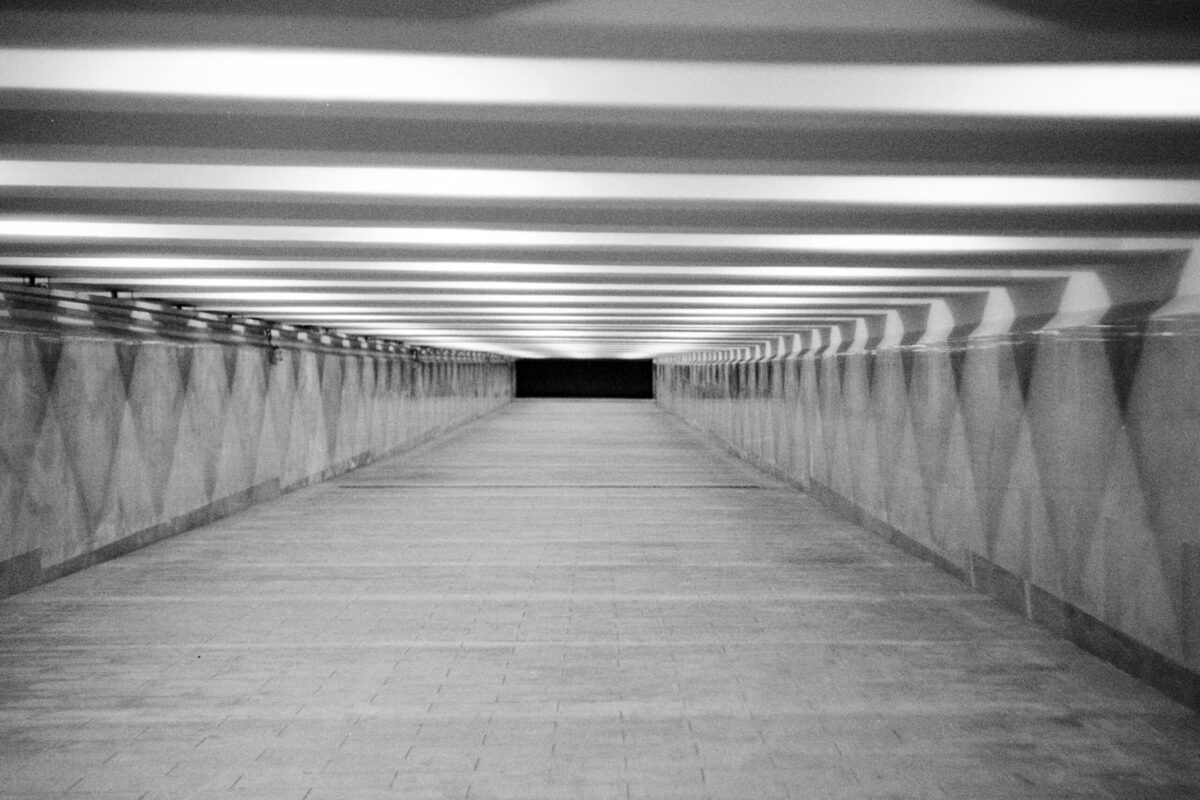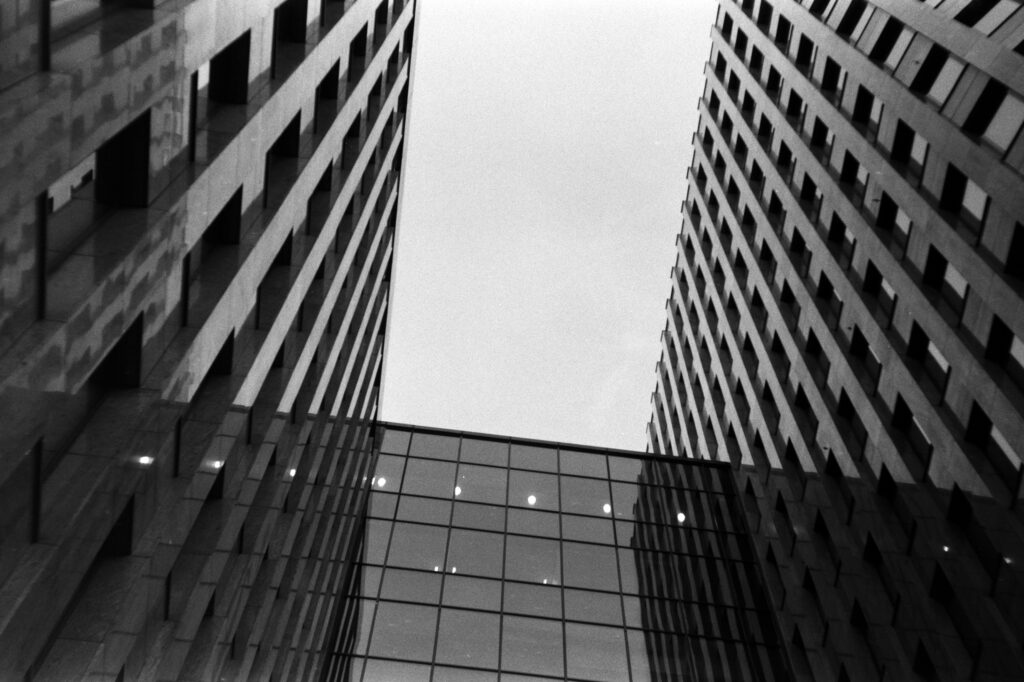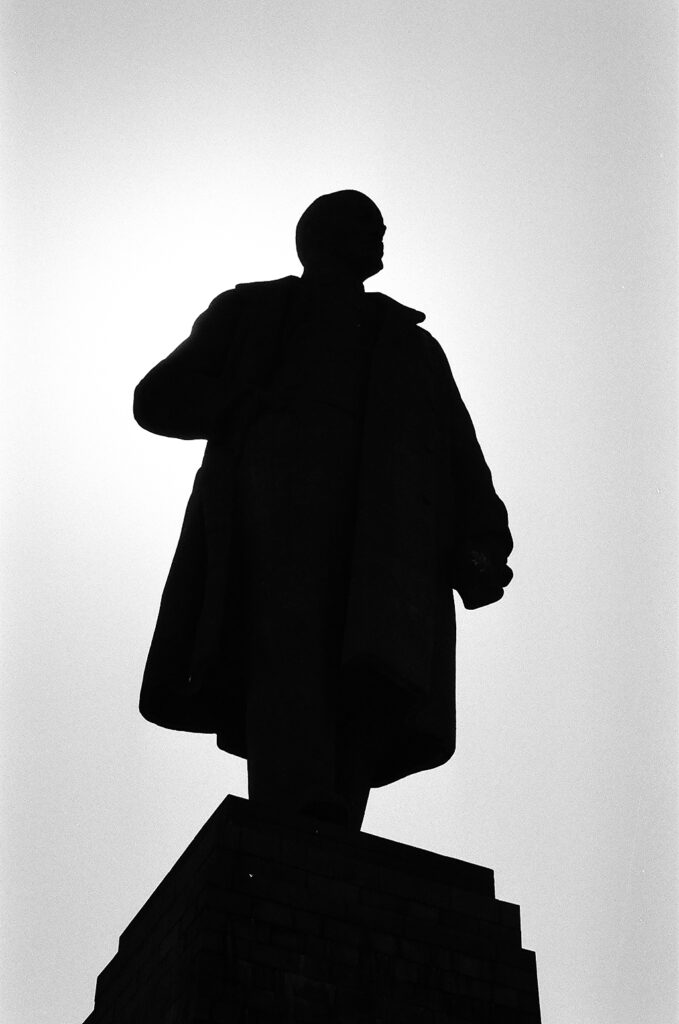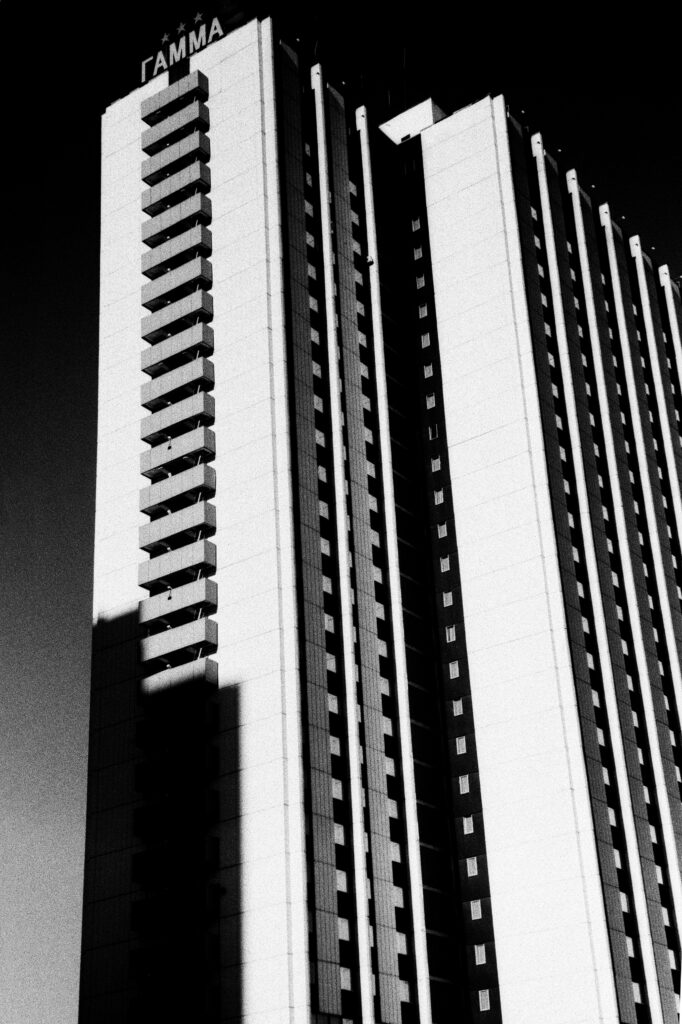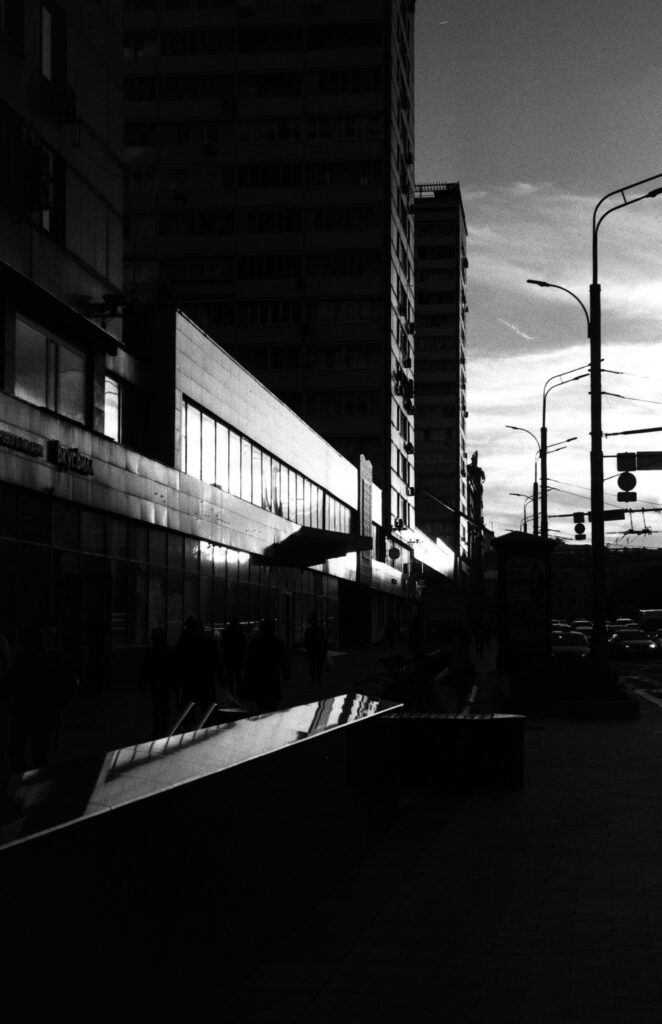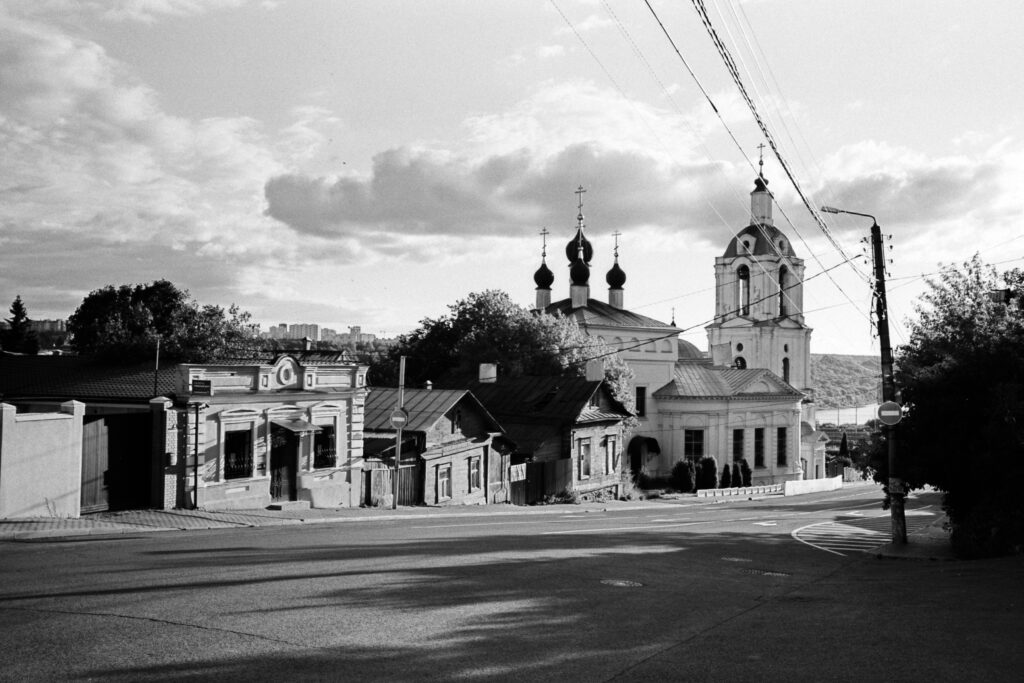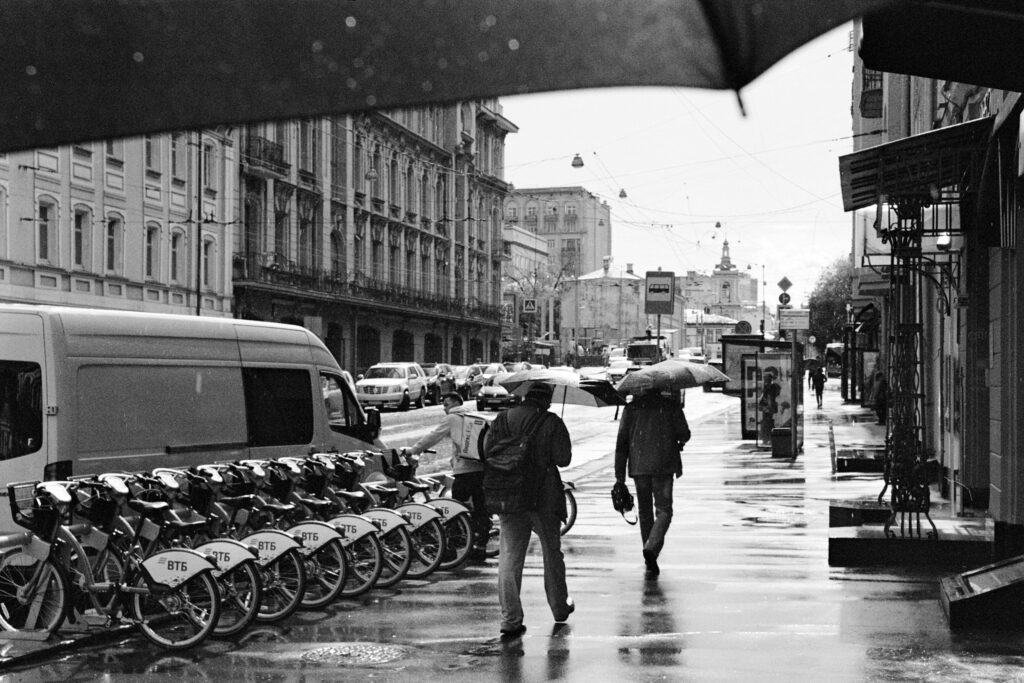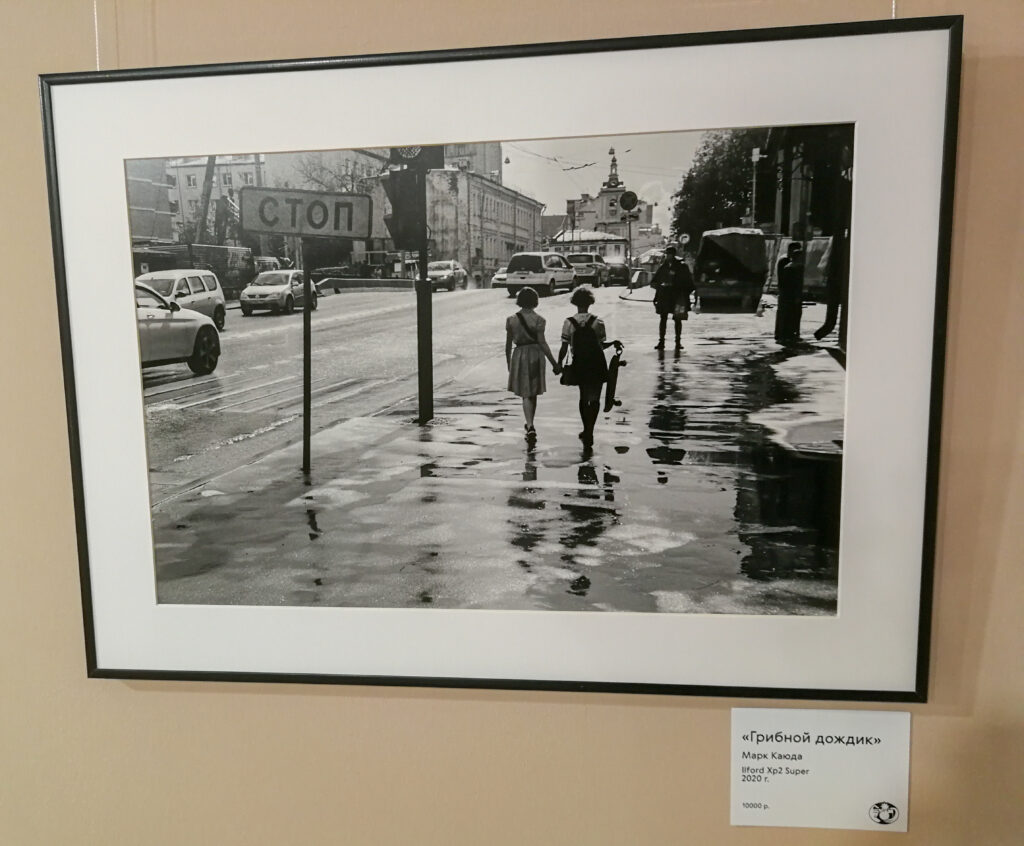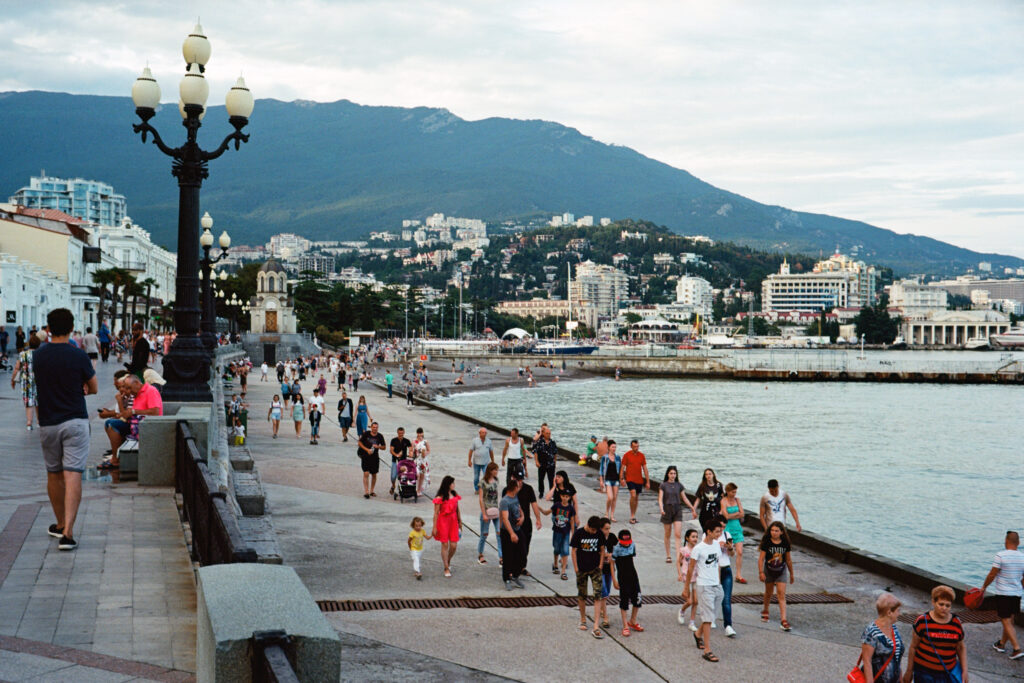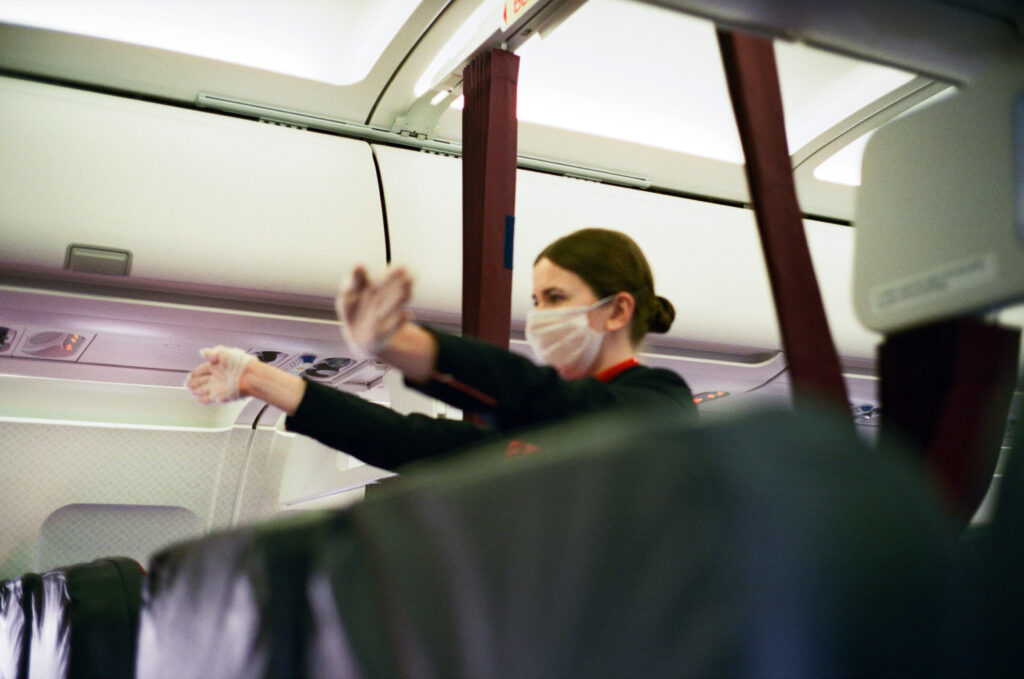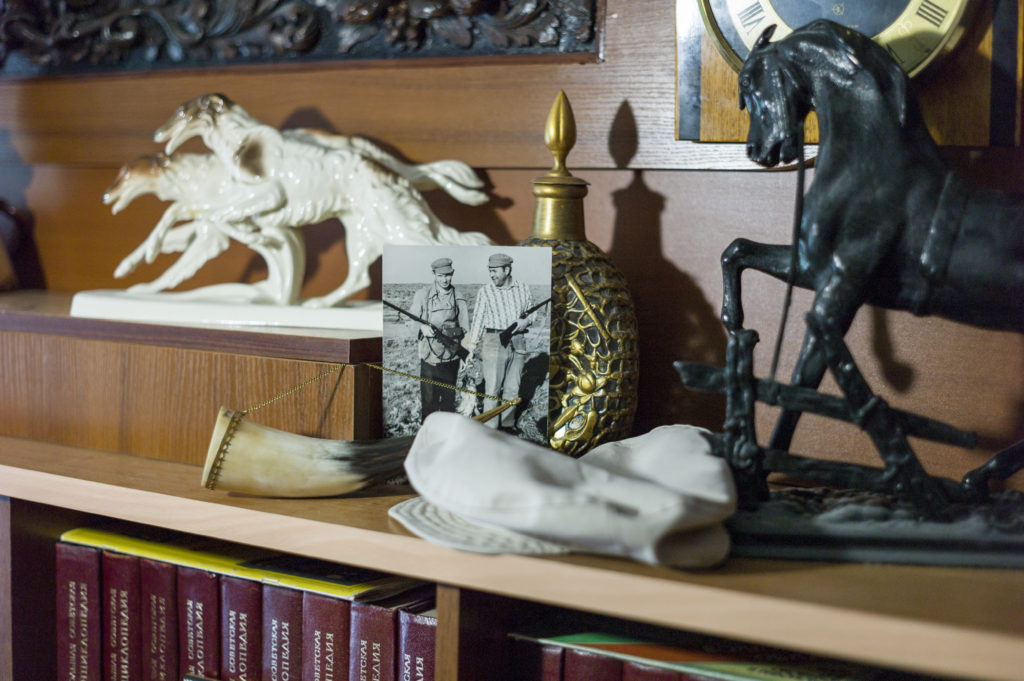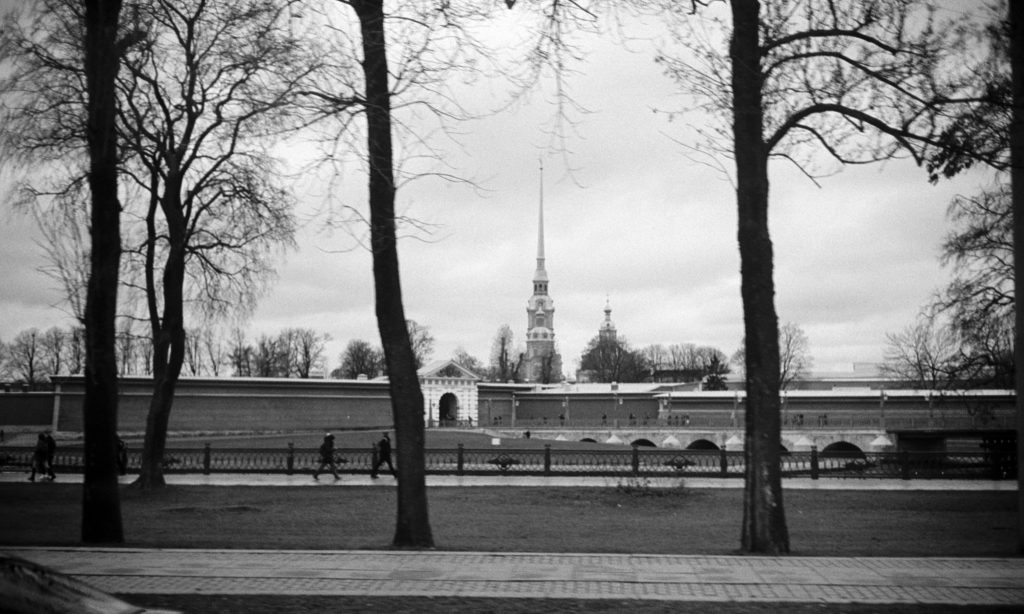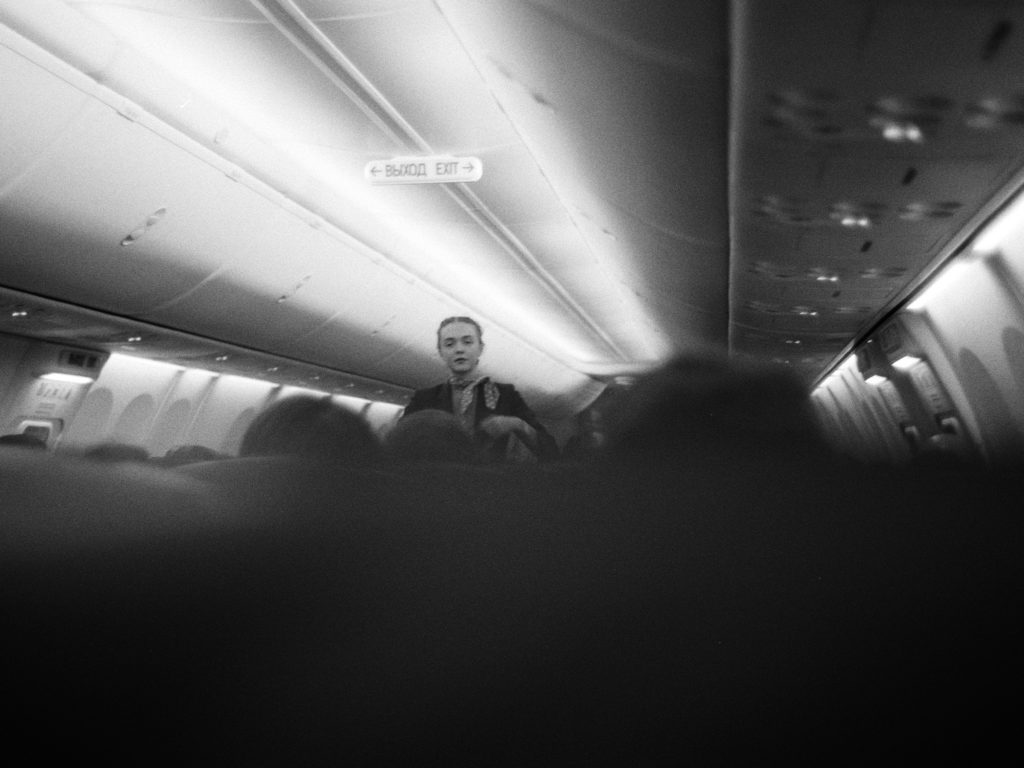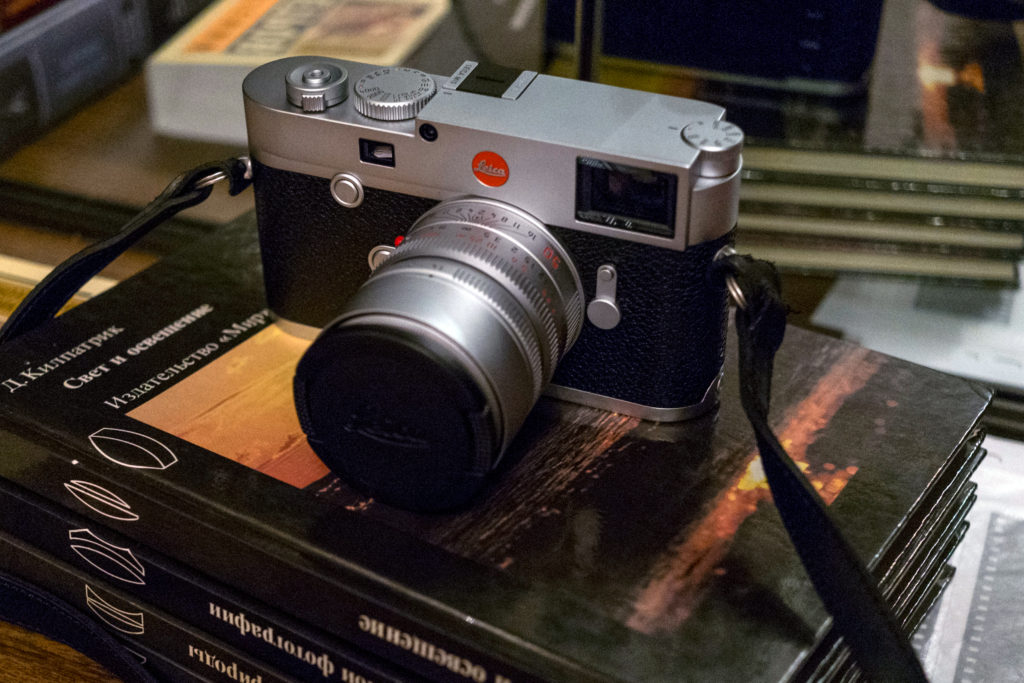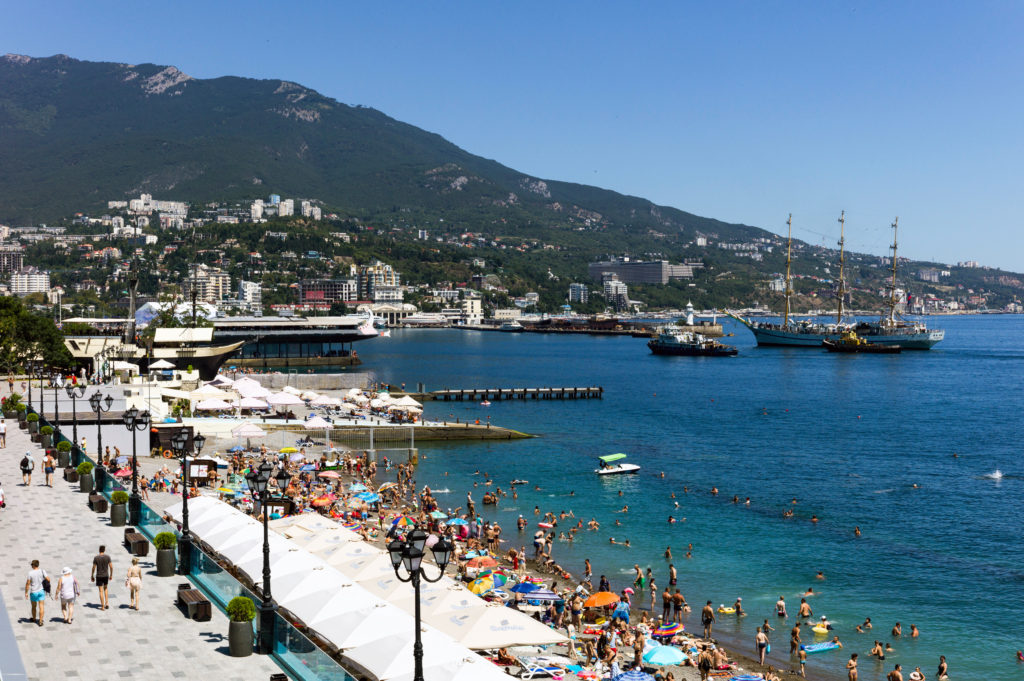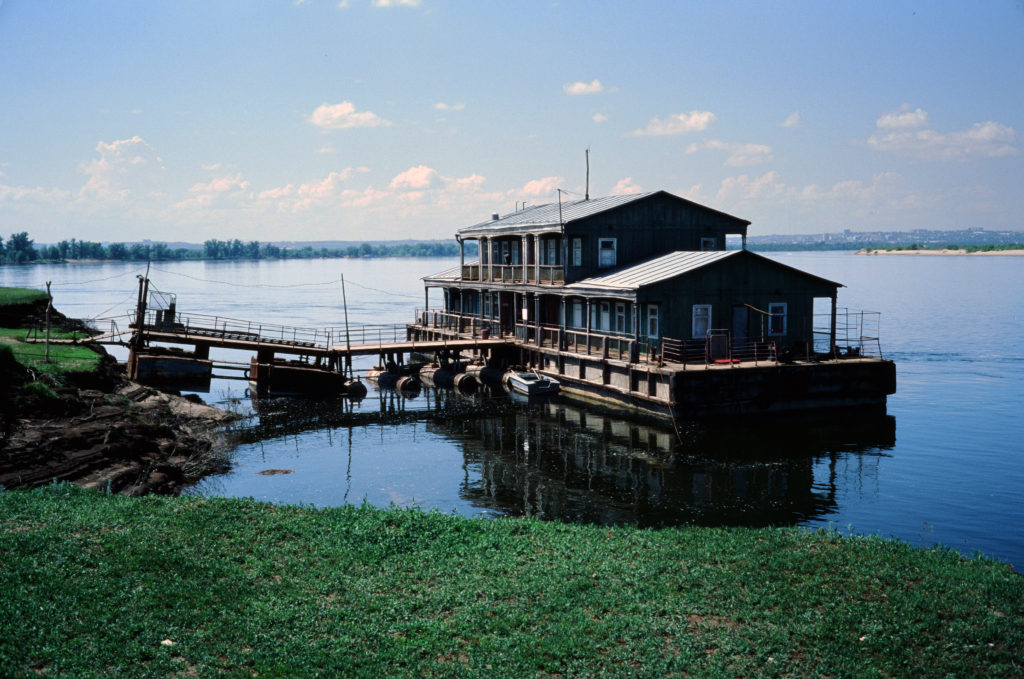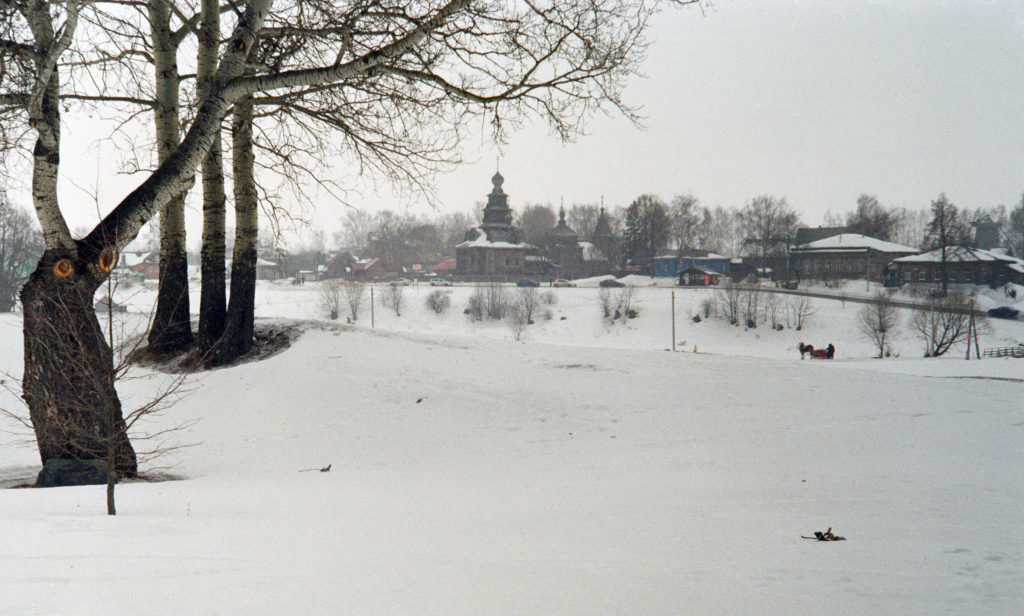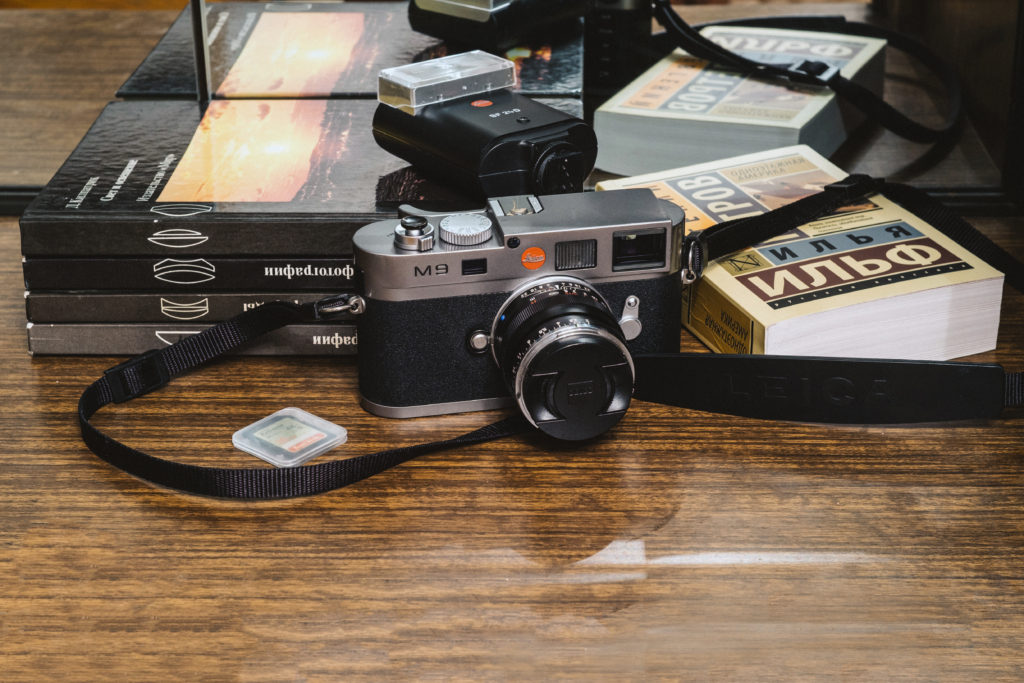A vision of the future from the past – perhaps this is how Belgrade could be described. This is a “dreamy” city. Despite the fact that I came from another country and was there temporarily – in Belgrade, for a while, I stopped feeling the passage of time and I didn’t think about money.
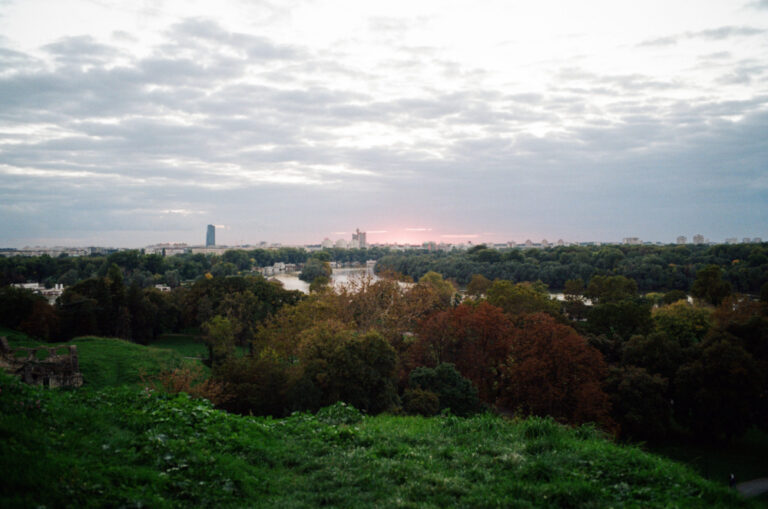
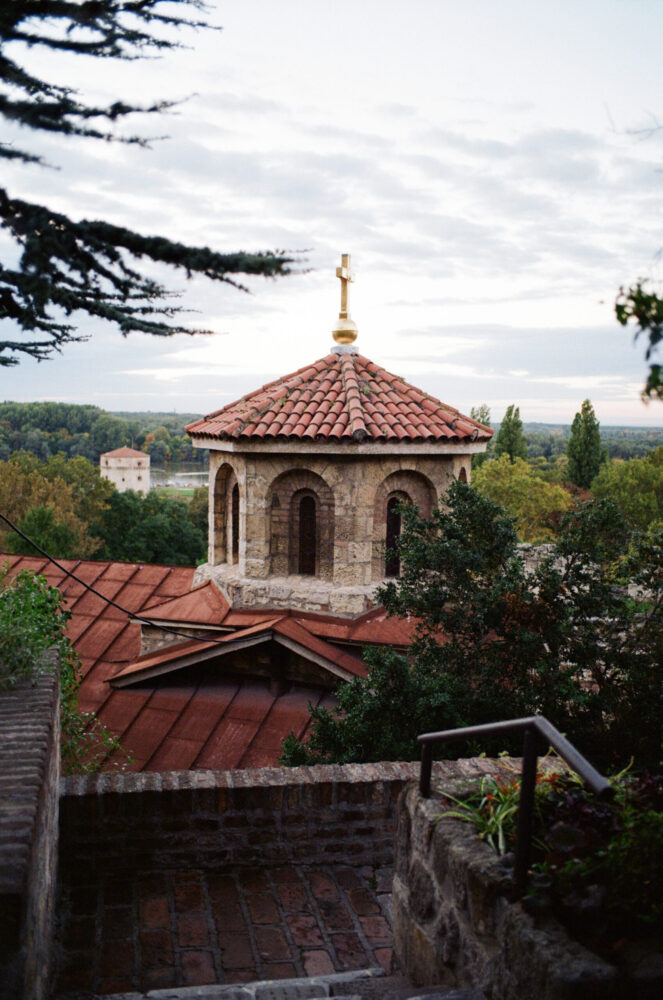
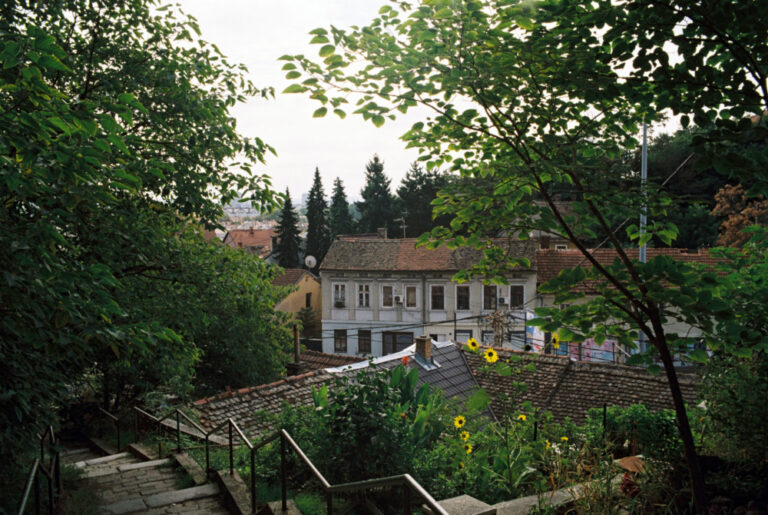
The Serbian word “Polako” immediately comes to mind – which can be translated as “be calmer” and/or “be easy” (“lako” = “easy”), but more literally it means “slower”. Serbs live precisely in this rhythm. I noted for myself that in Turkey people are not a hurry. Perhaps this is due to the fact that these countries are southern and the warm climate is not conducive to haste.
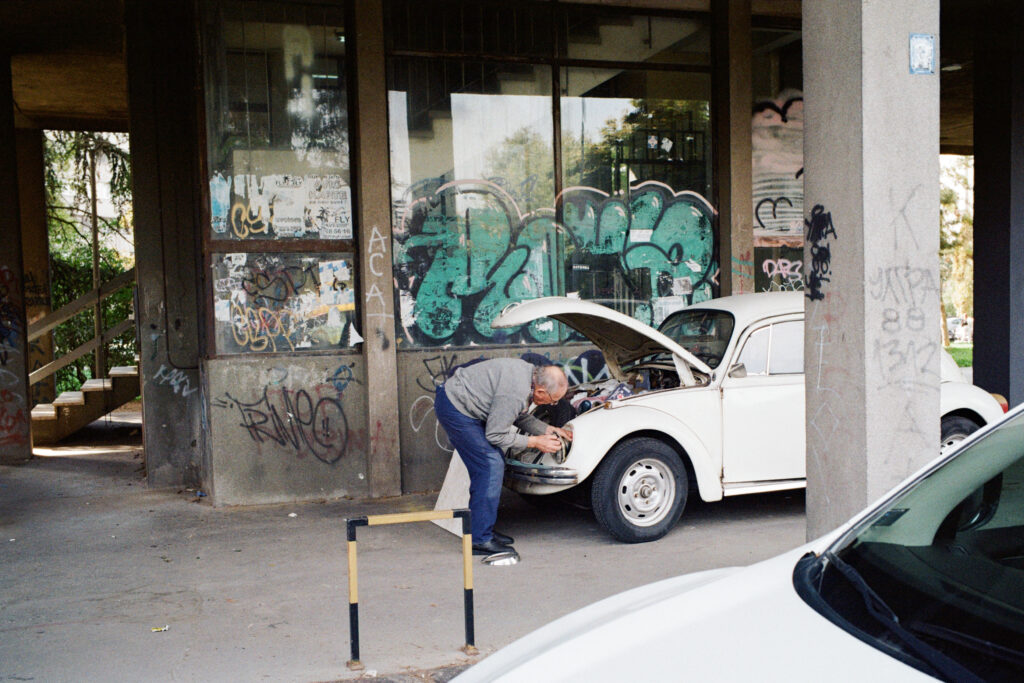
although new ones appear partially)
Belgrade is an interesting city – it combines “two times”: a sort of provincial town of the late 19th century and a space city of the future. Of course, the future that our parents and grandparents imagined.
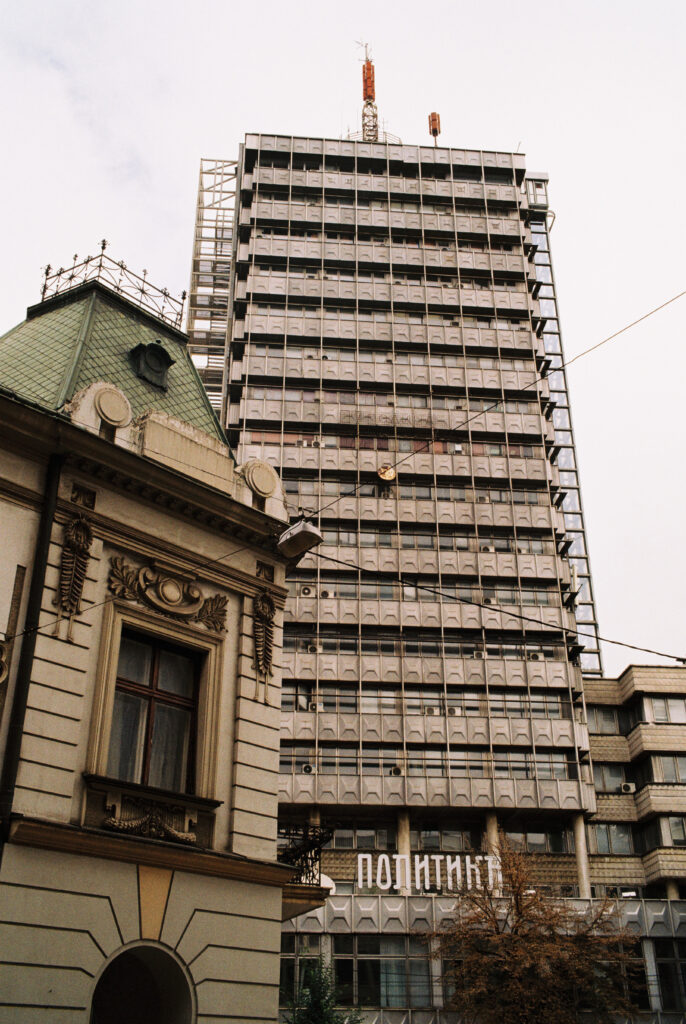
Belgrade grew slowly and looks frozen in time after the US aggression against Yugoslavia, and the next division of the country. Yes, the city is in good condition – people live well in it, but there is a feeling of sadness. It looks better than Russian cities precisely because of its vital energy. But the new buildings in Belgrade look empty and faceless – not for living:
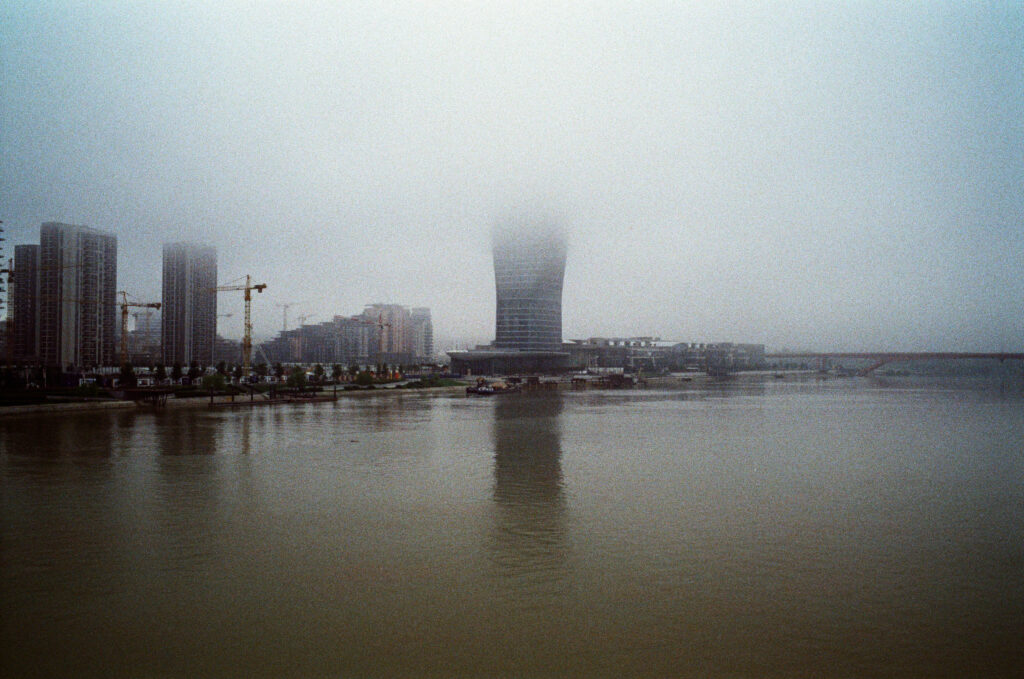
I am not opposed to new buildings and new things. I don’t feel nostalgia either, since I was born later than 1991. But, I’m not blind and I have a sense of beauty. It is difficult to love utilitarian things, houses and products whose utilitarian purpose is to get money for them. Don’t use them, don’t live, but get money quickly by selling them.
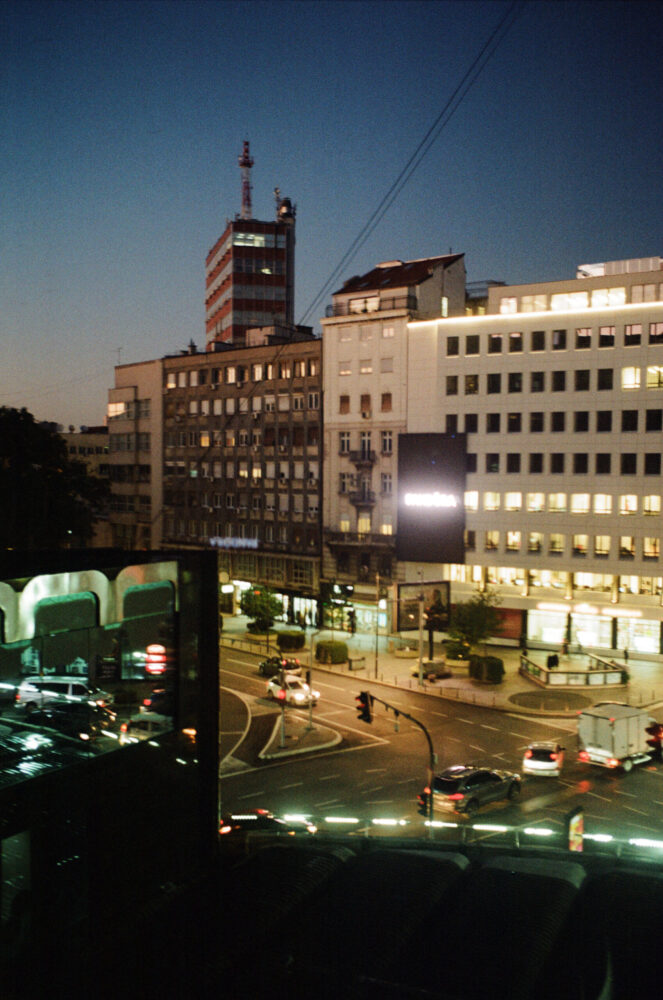
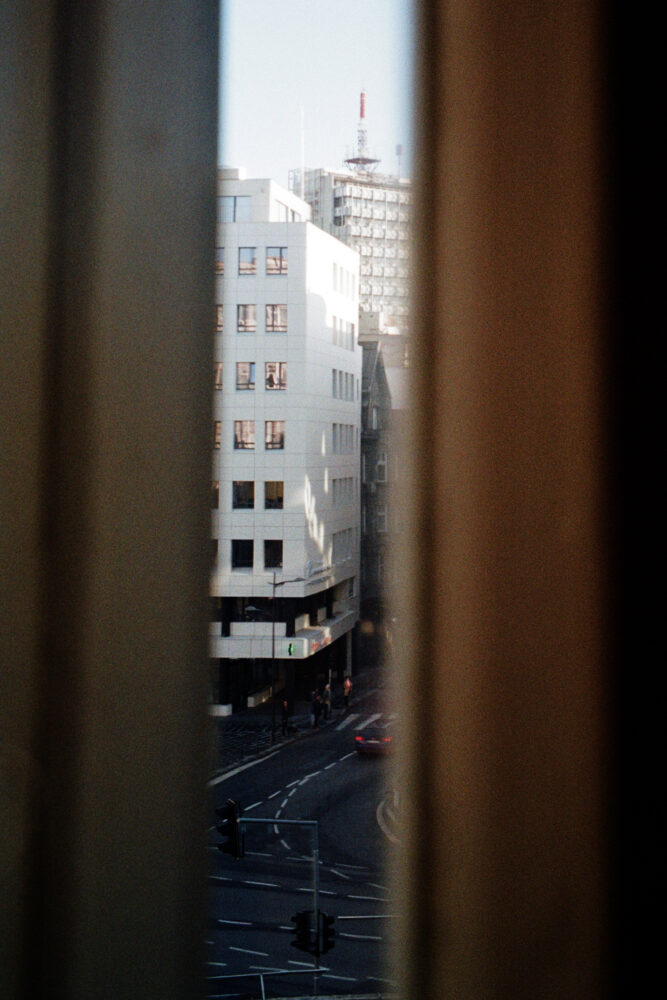
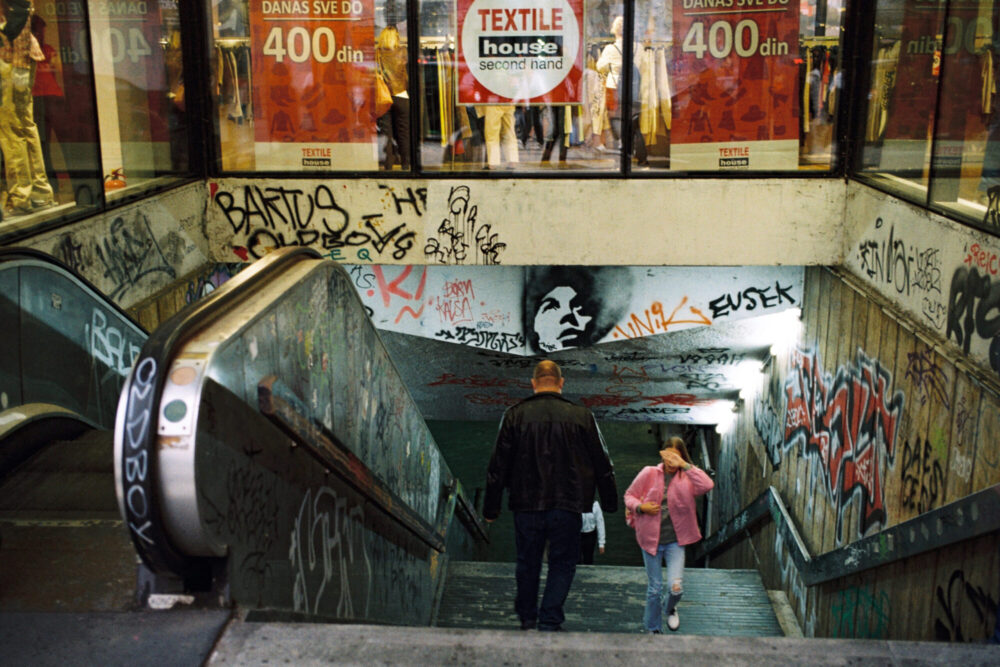
City of Bourgeois
Belgrade’s old town looks like it’s from the 19th century. Narrow cobbled streets and a stronghold on a hill. For the ears of a Russian person, the Serbian language is a little funny. When I hear Serbian, I imagine that I am somewhere among our ancient slavic ancestors in the 9th century.
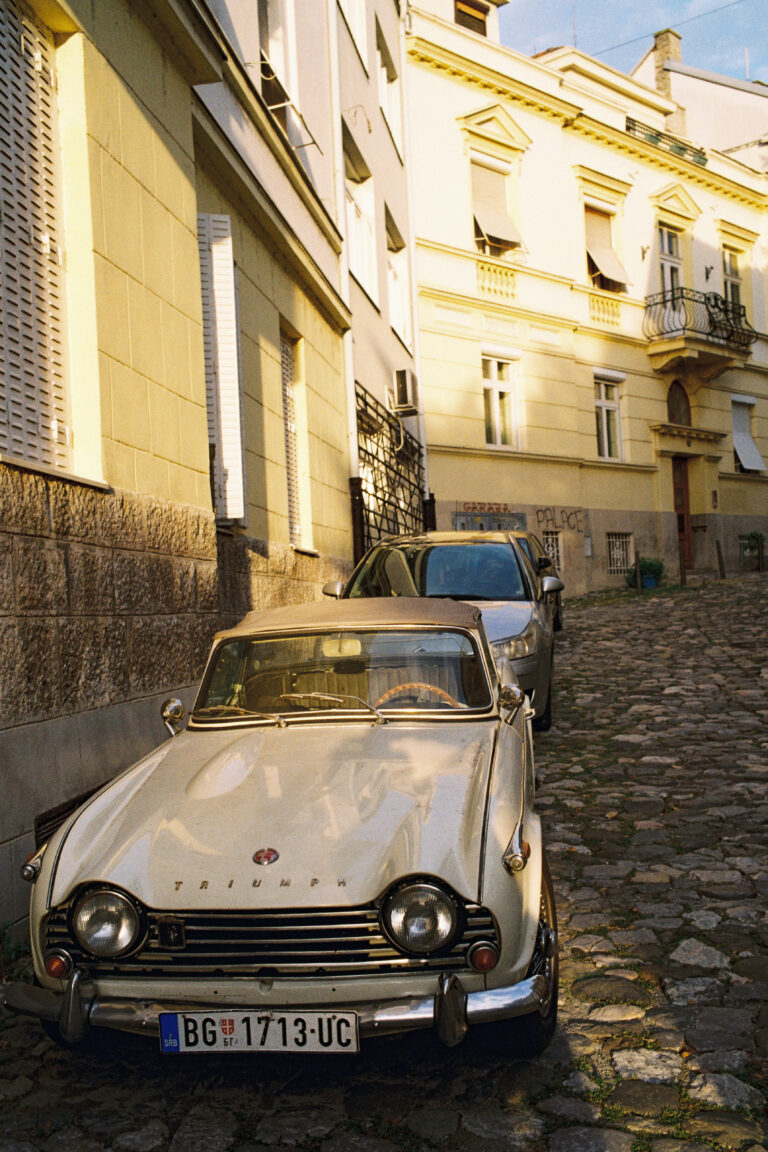
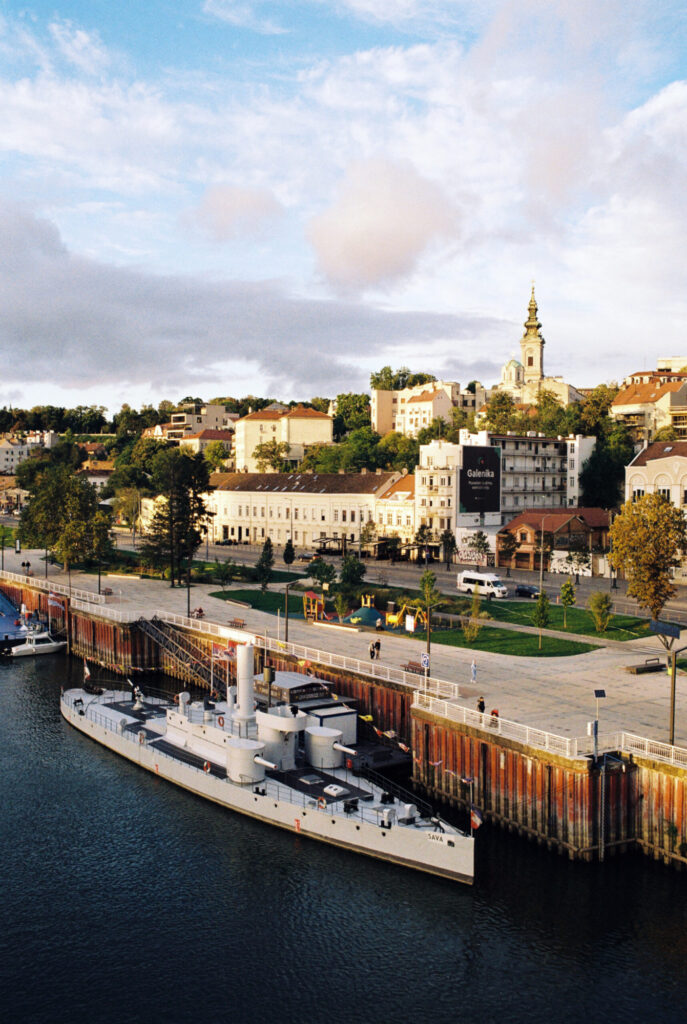
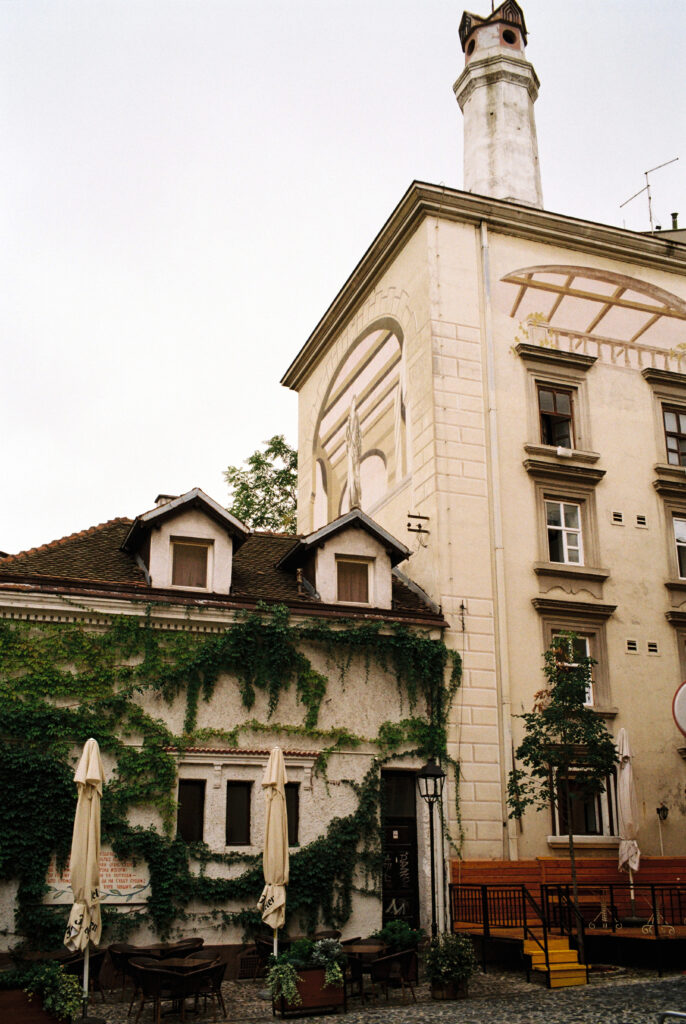
Lots of restaurants, shops and sun.
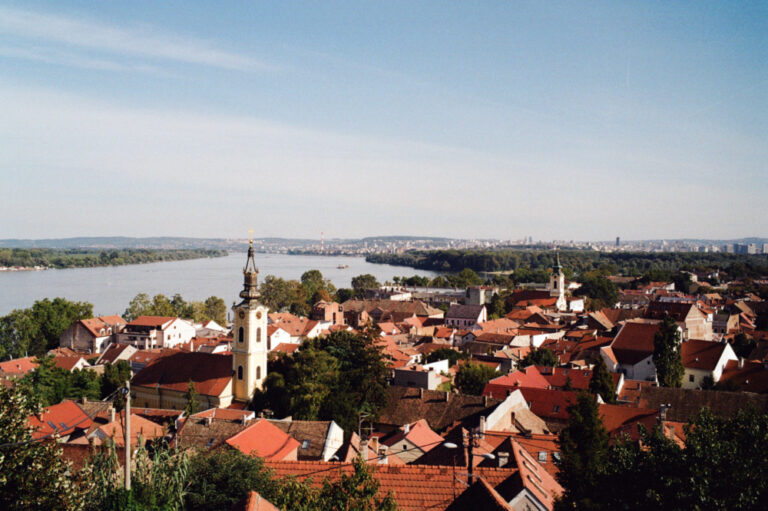
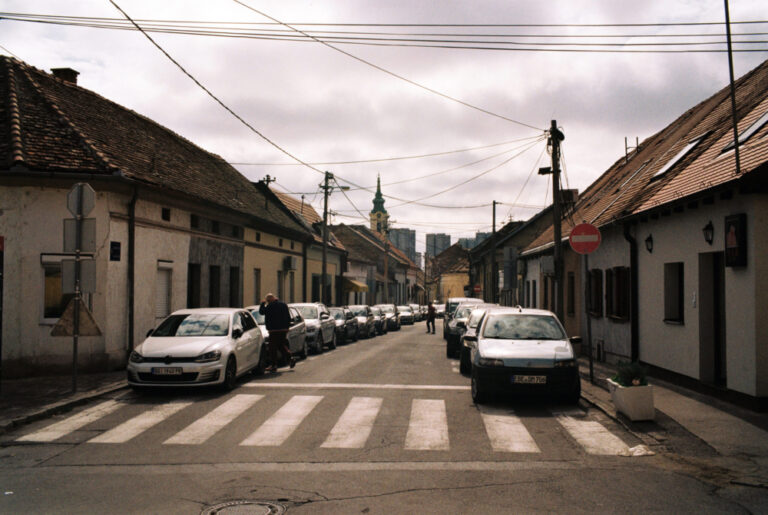
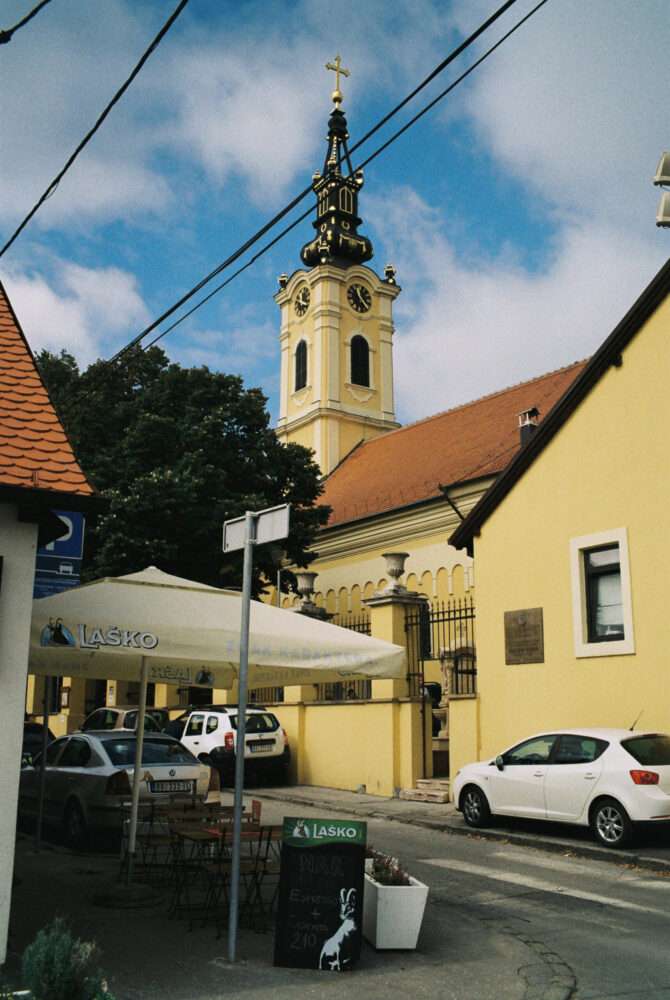
Kodak Gold 200 again and the old district – Zemun. Unlike the city center, there are almost no buildings from the mid or late 20th century.
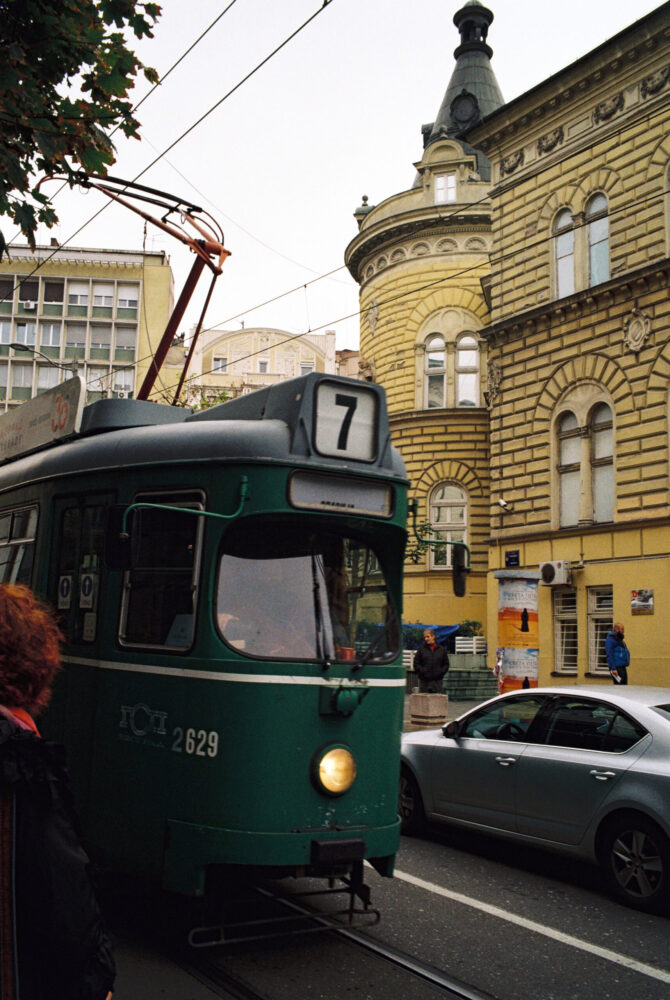
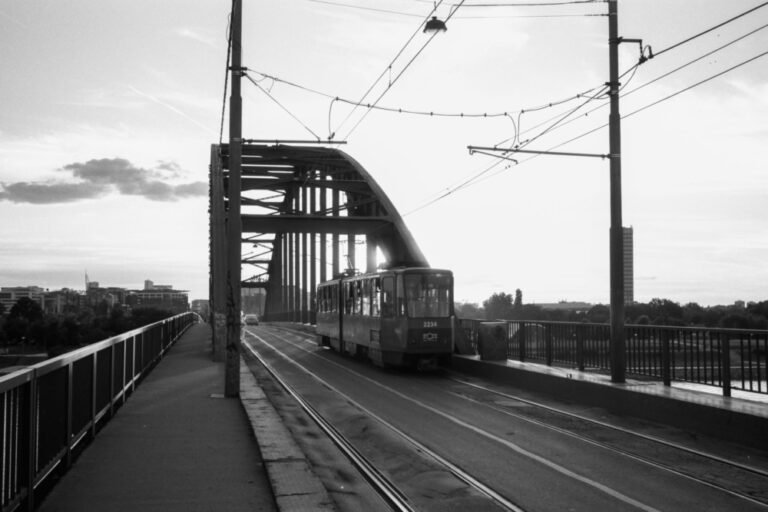
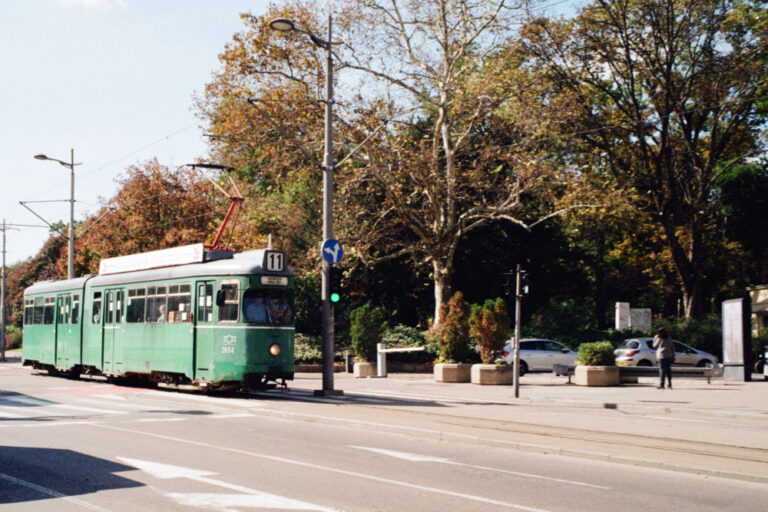
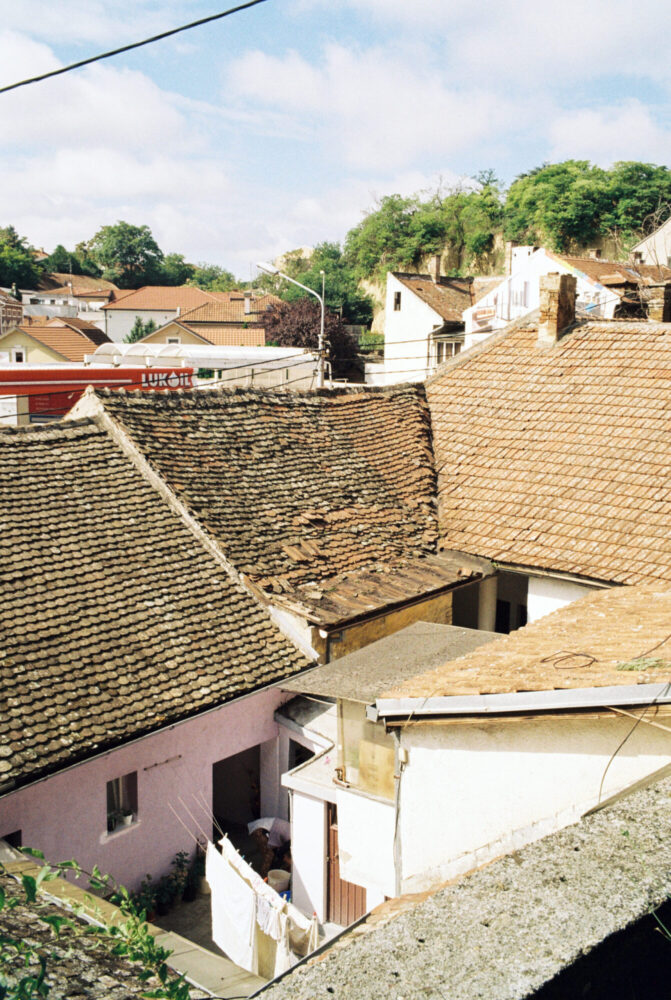
There are retro trams in Belgrade. There are also new ones, but I didn’t photograph them. The retro trams were a gift from Switzerland – they are thin and seem cramped after Russian trams. But in Belgrade there are not as many people as in Moscow / Istanbul and there is enough space for everyone.
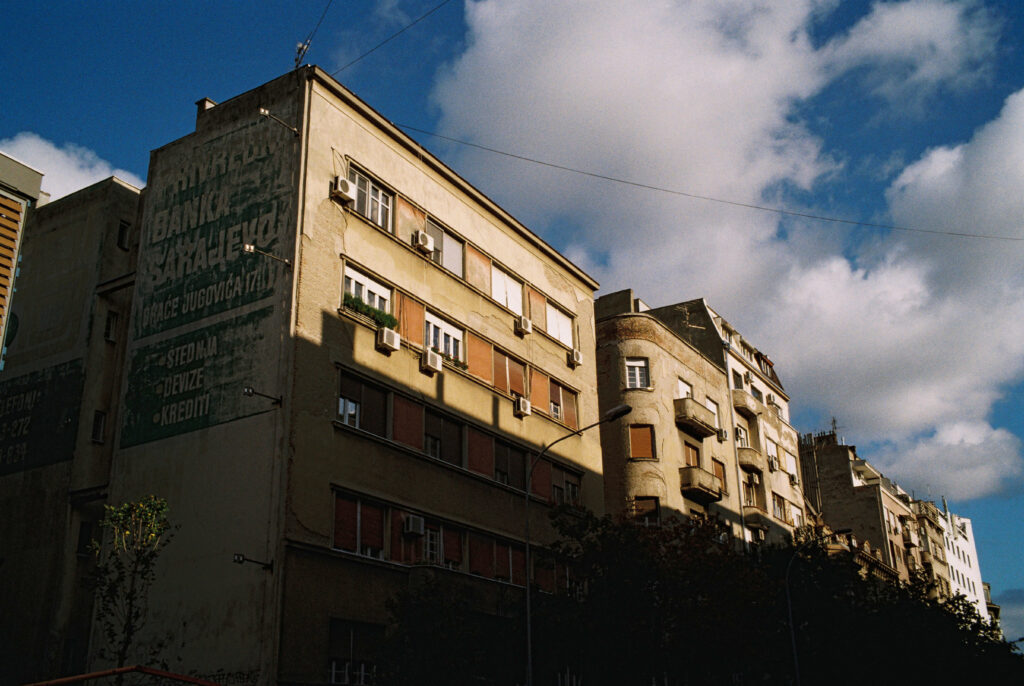
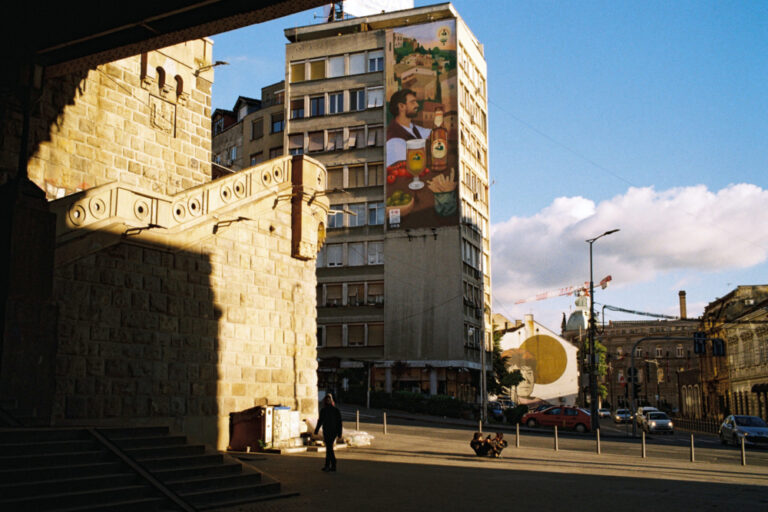
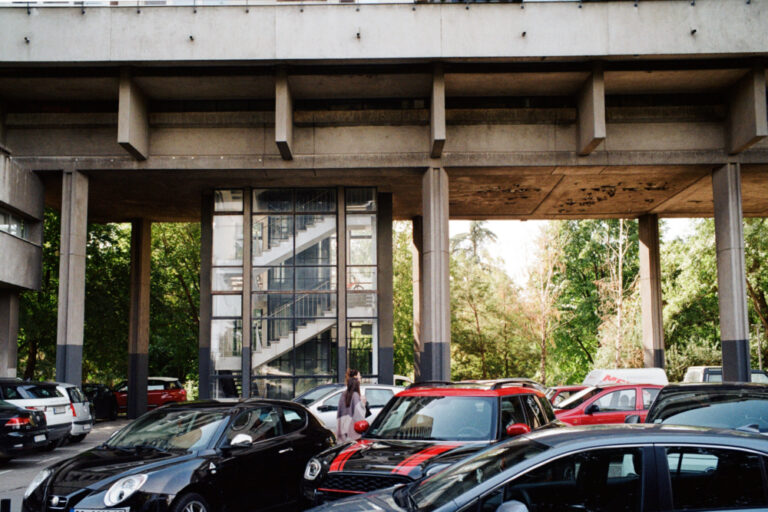
To be honest, I didn’t photograph much of the old city that look like they belong on tourist postcards. But you can enjoy the Serbian “polako”:
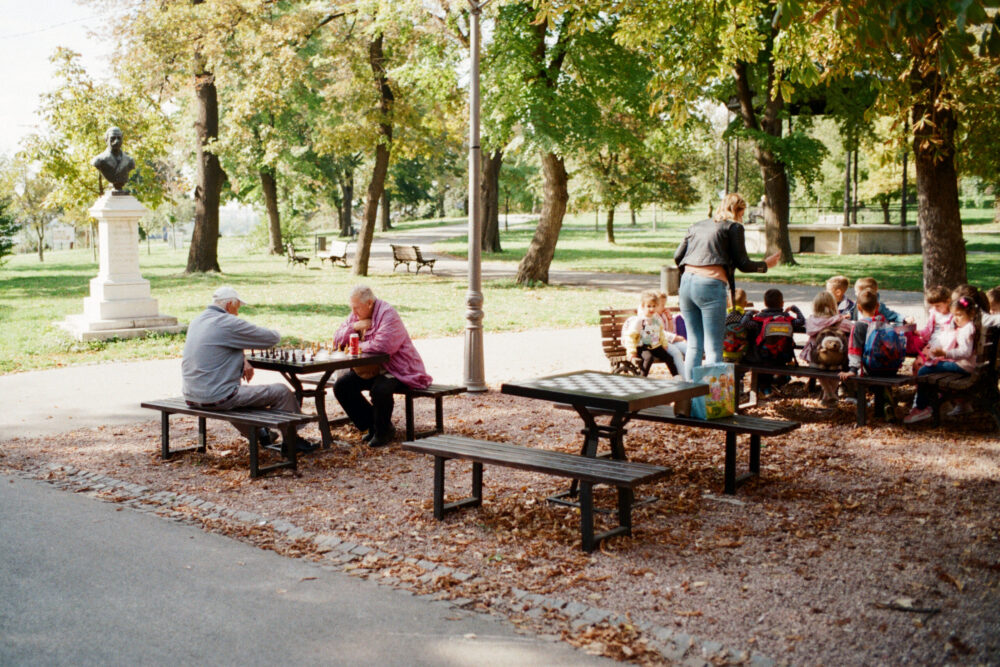
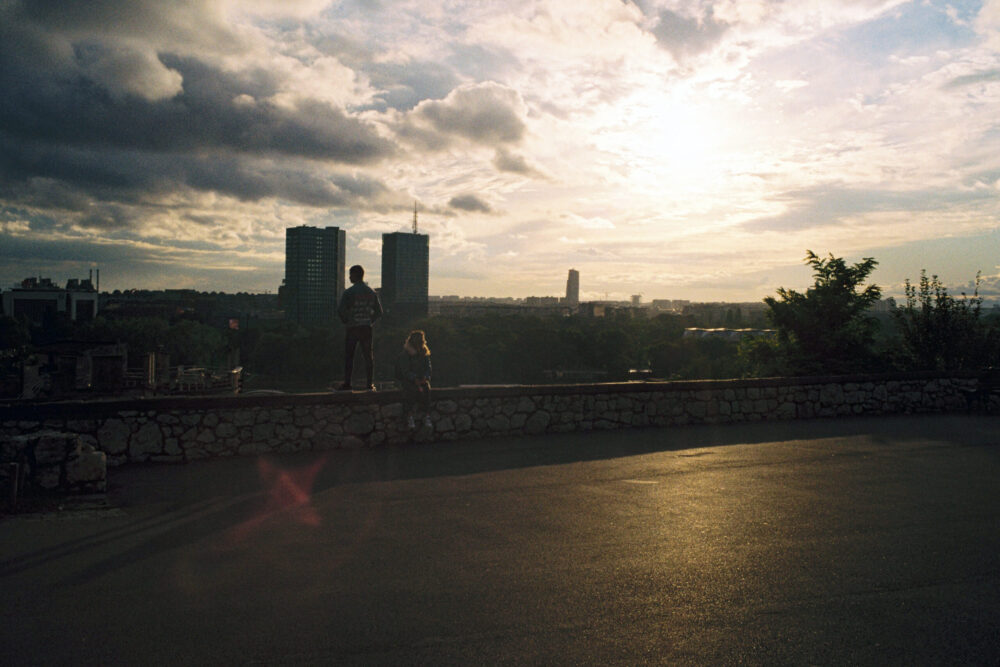
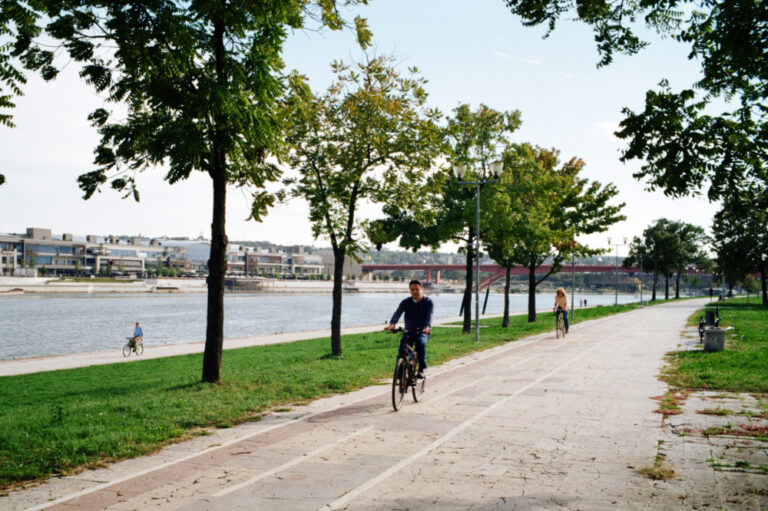
There are many gypsies in Belgrade. They literally live in the 19th century: cutting the grass with a scythe and riding carts:
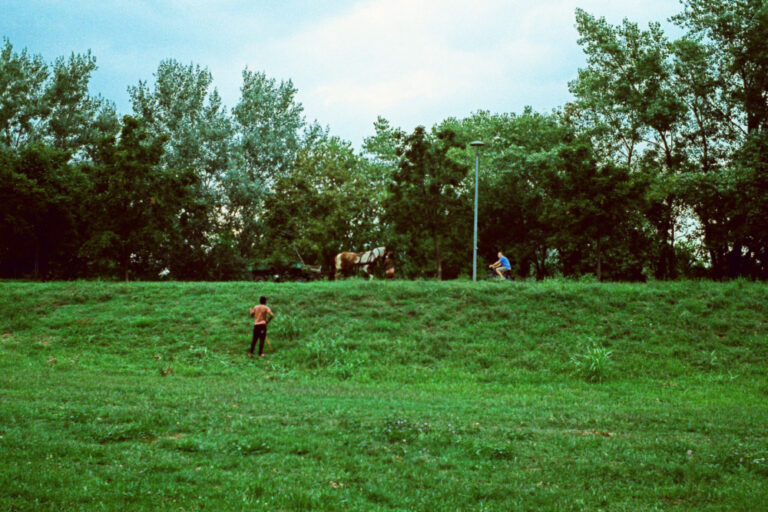
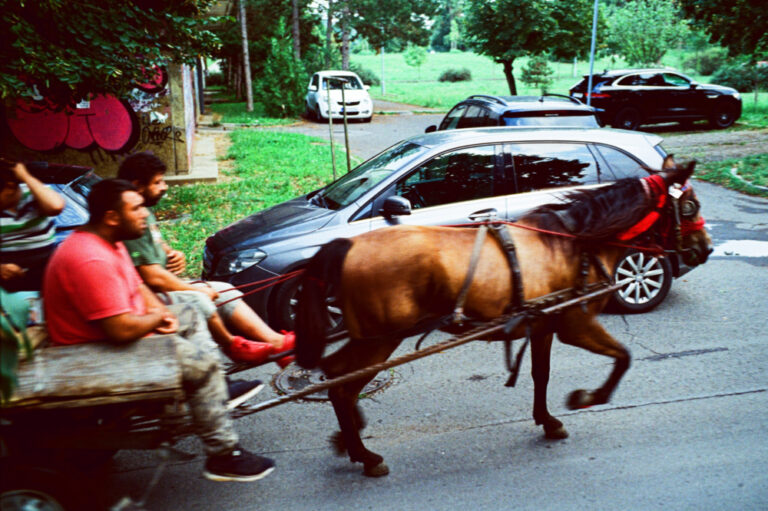
City of Space
Belgrade – a city of dreams about space and the future.
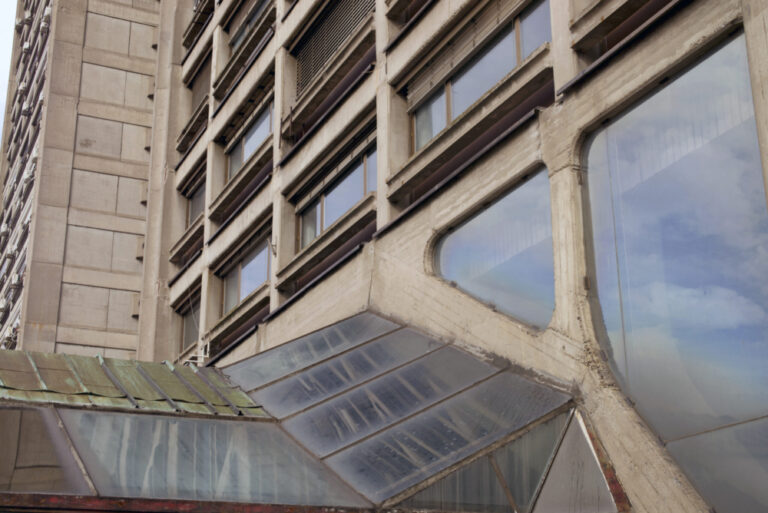
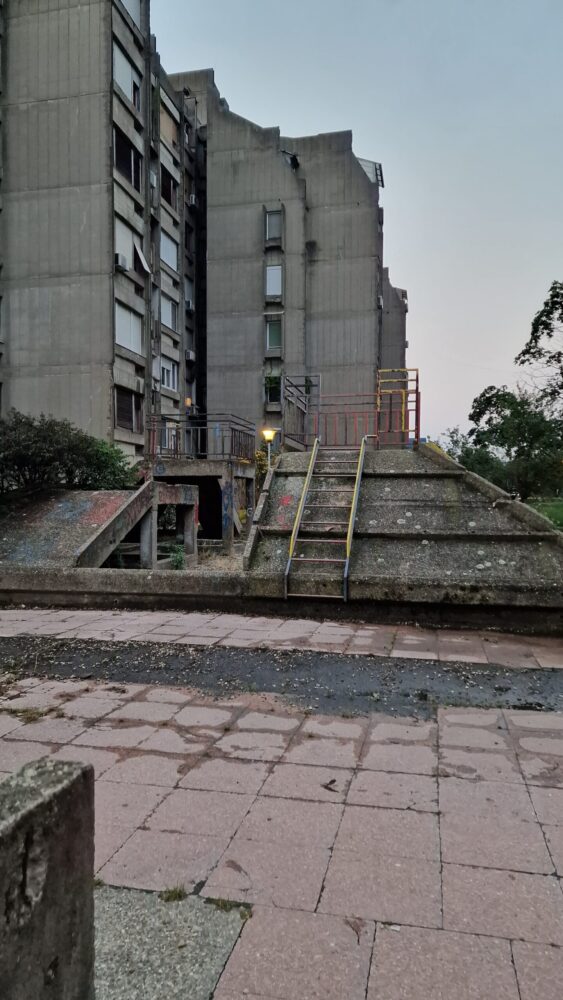
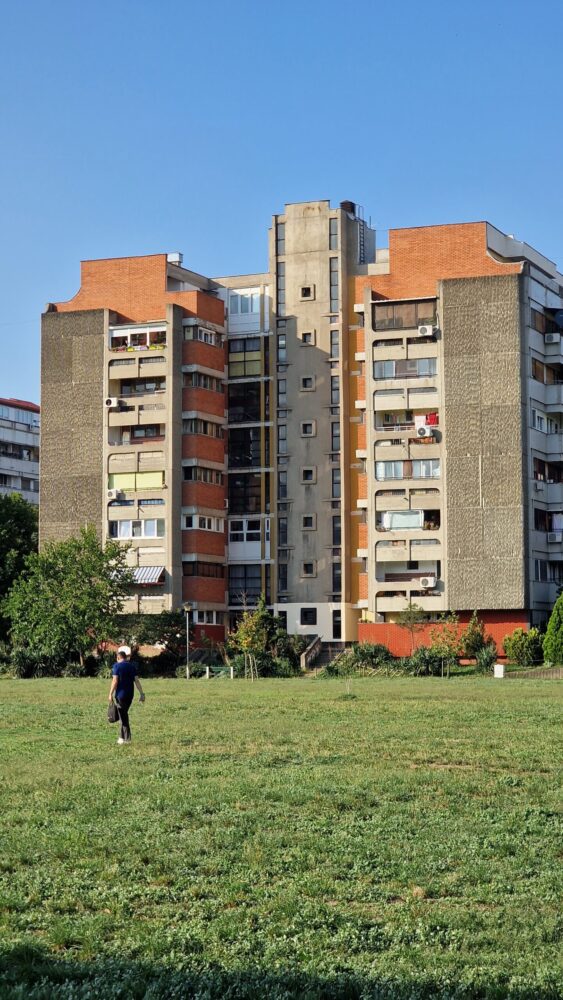
I love modernism and controversial brutalism in architecture. Apart from the rarely-rarely used bio-tech and high-tech styles in architecture in our time – modernism and controversial brutalism are still the last ones aimed at something dreamy. It continue to resist the utilitarian architecture of shopping and entertainment hangars and “human hive houses”.
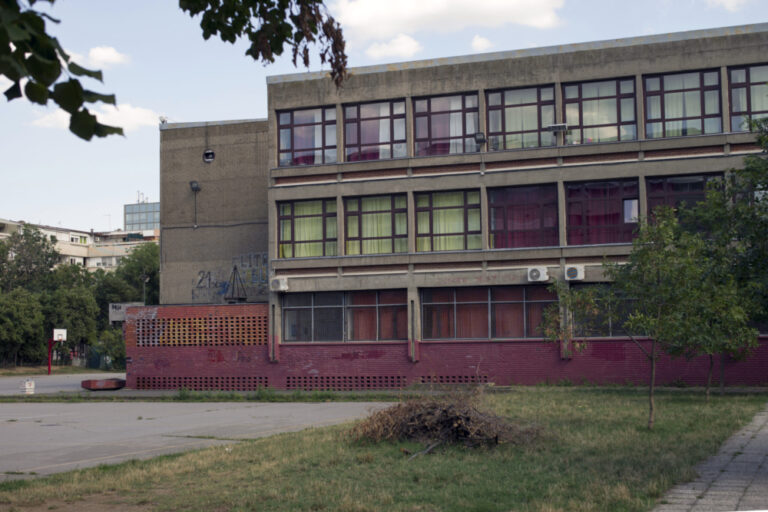
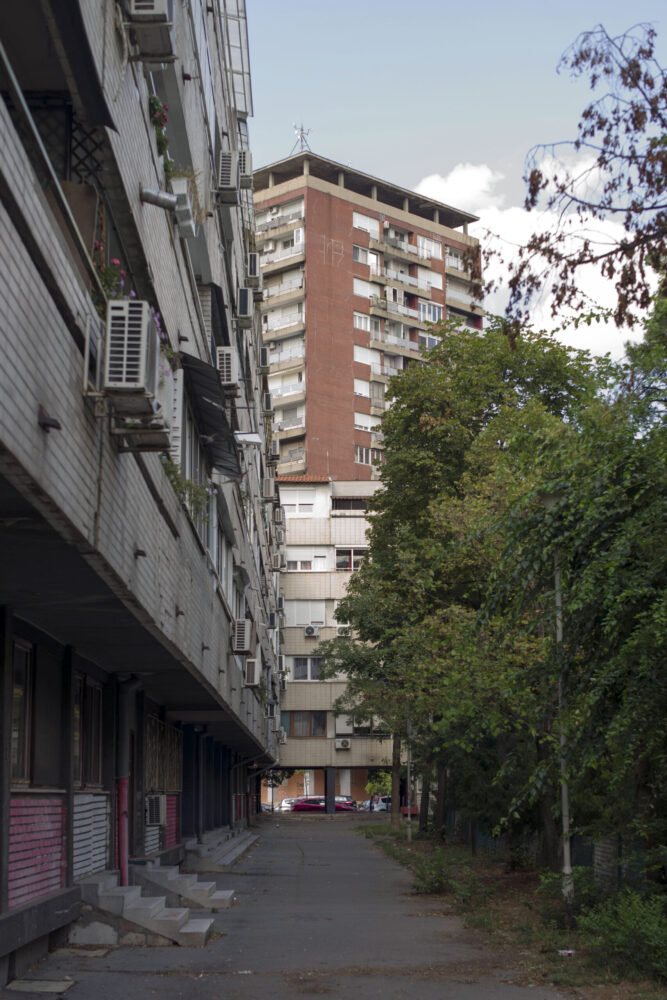

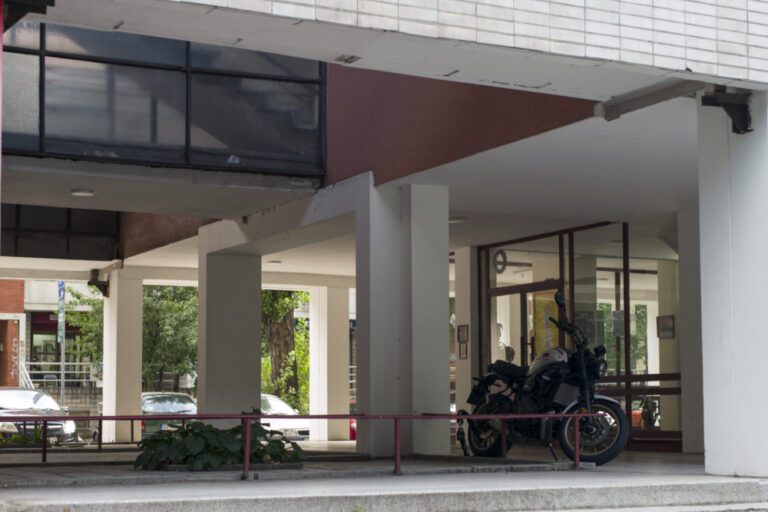
The bedroom community of New Belgrade seem to have frozen in time, but at the same time they are full of life. It’s just timeless. In my opinion, the space of such green areas and blocks is as laconic and thoughtful as possible – space place. Lots of green islands, playgrounds and opportunities for the sun to shine on everything.
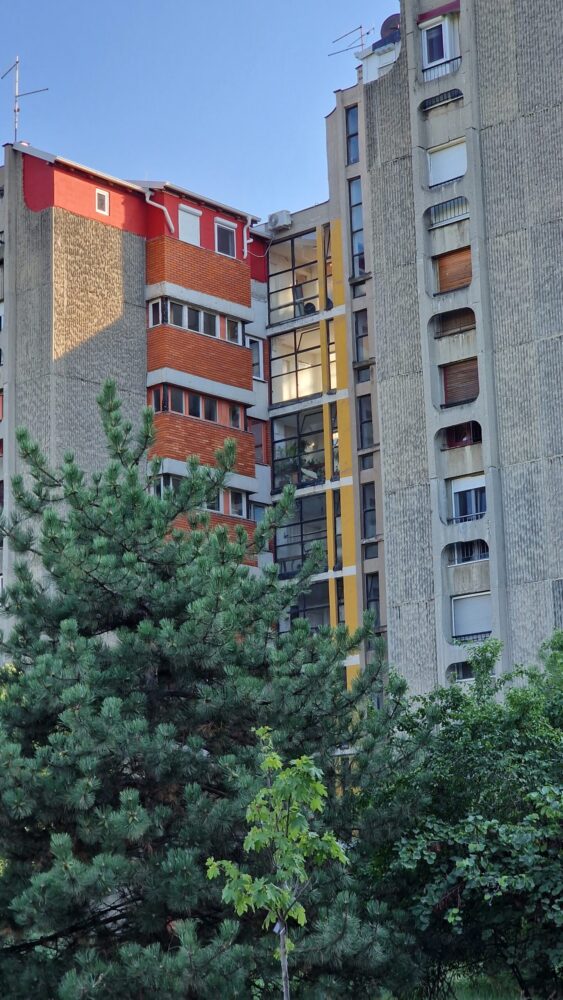
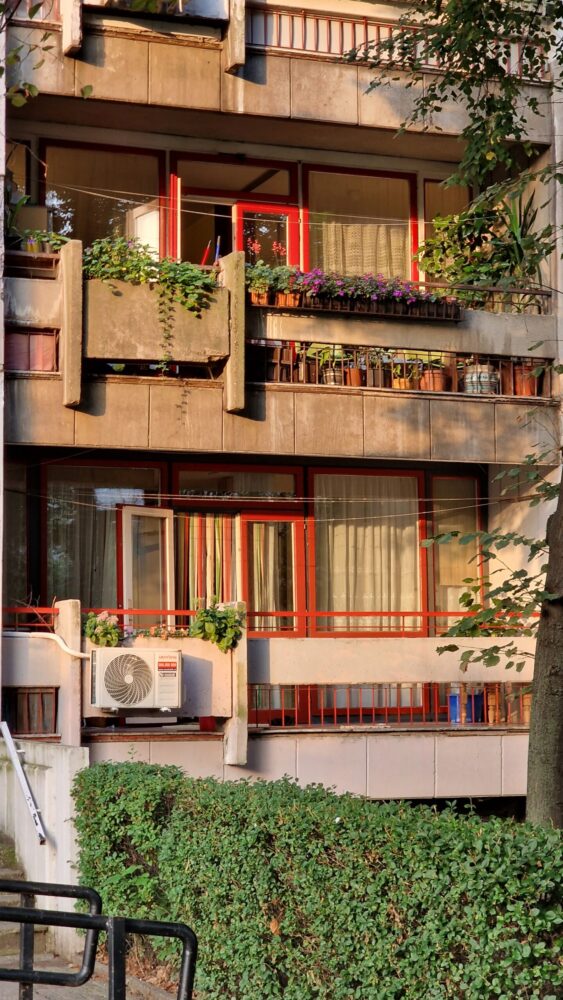
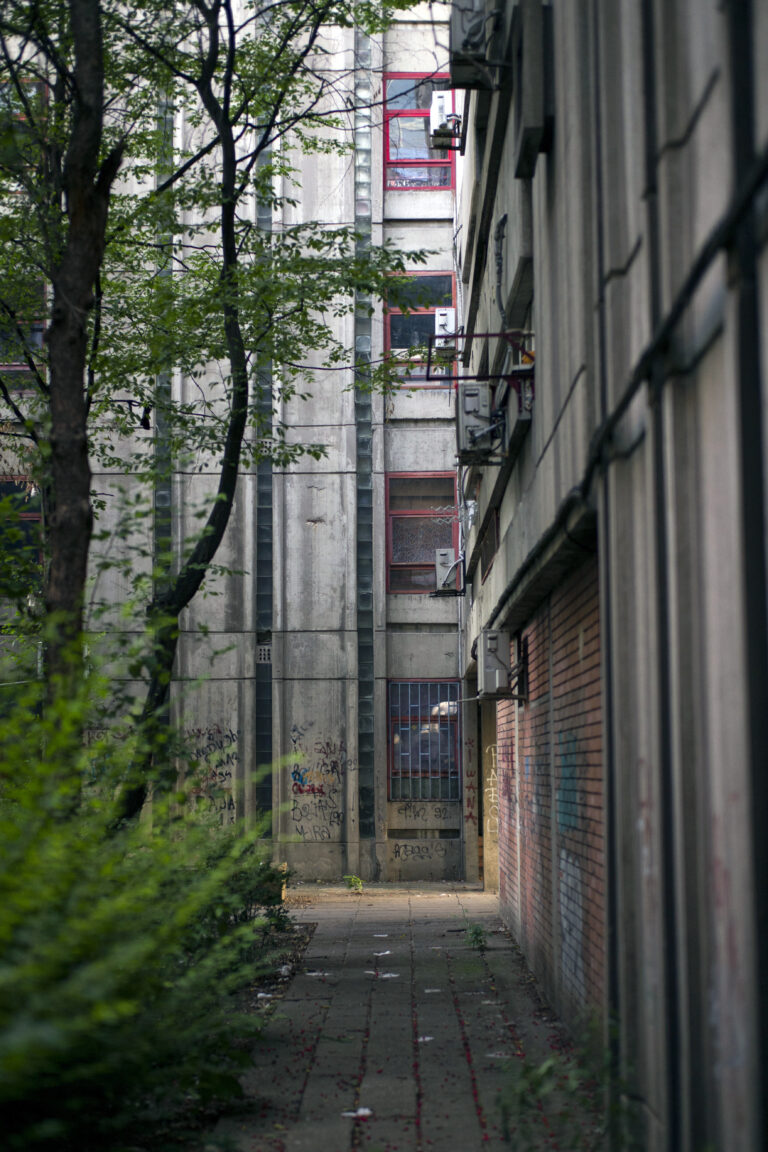
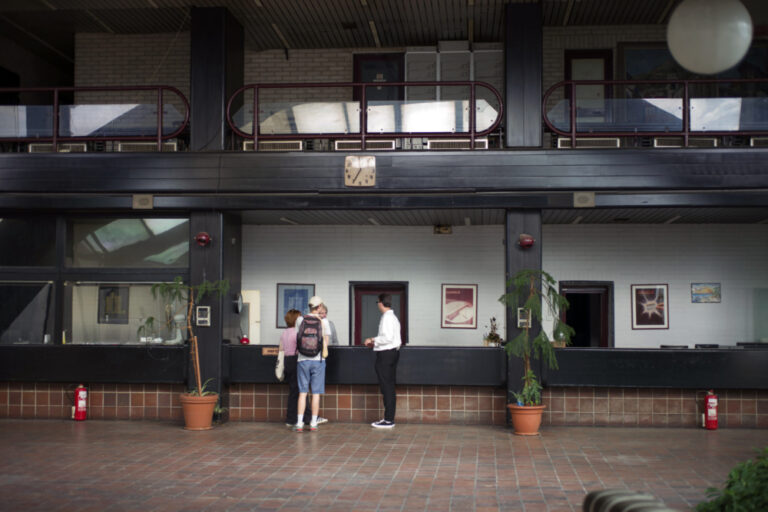
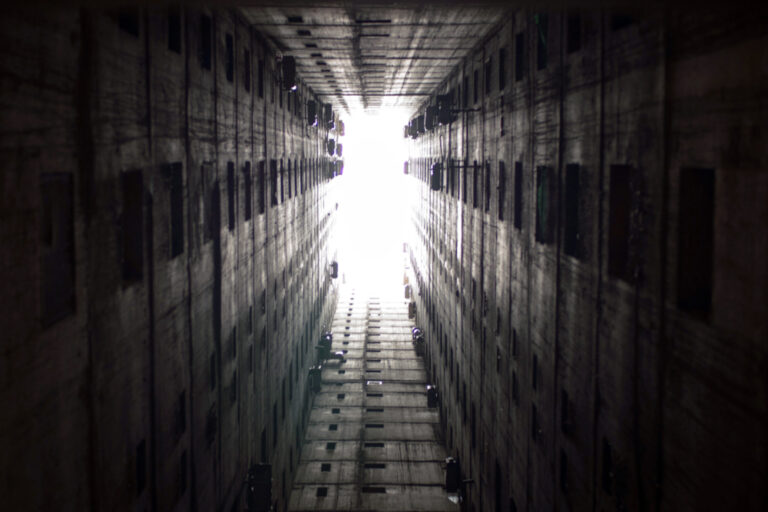
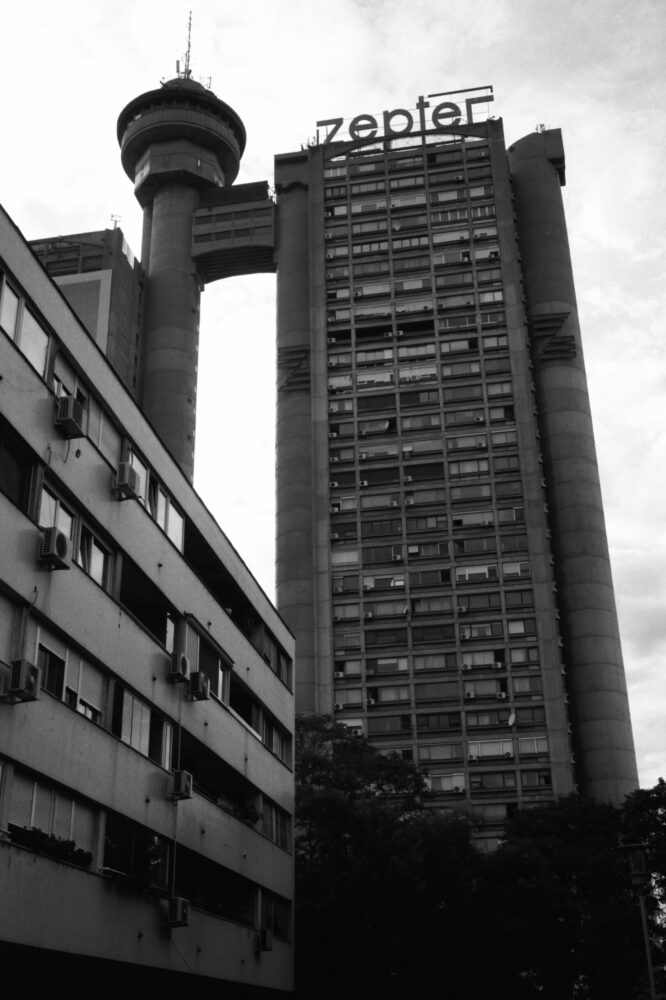
The last photo shows an office and residential complex from the 70s. Apotheosis of dreams. I wouldn’t say that this building is very beautiful or that everything is ergonomic, but it’s definitely more pleasant for me to see it and walk nearby it.
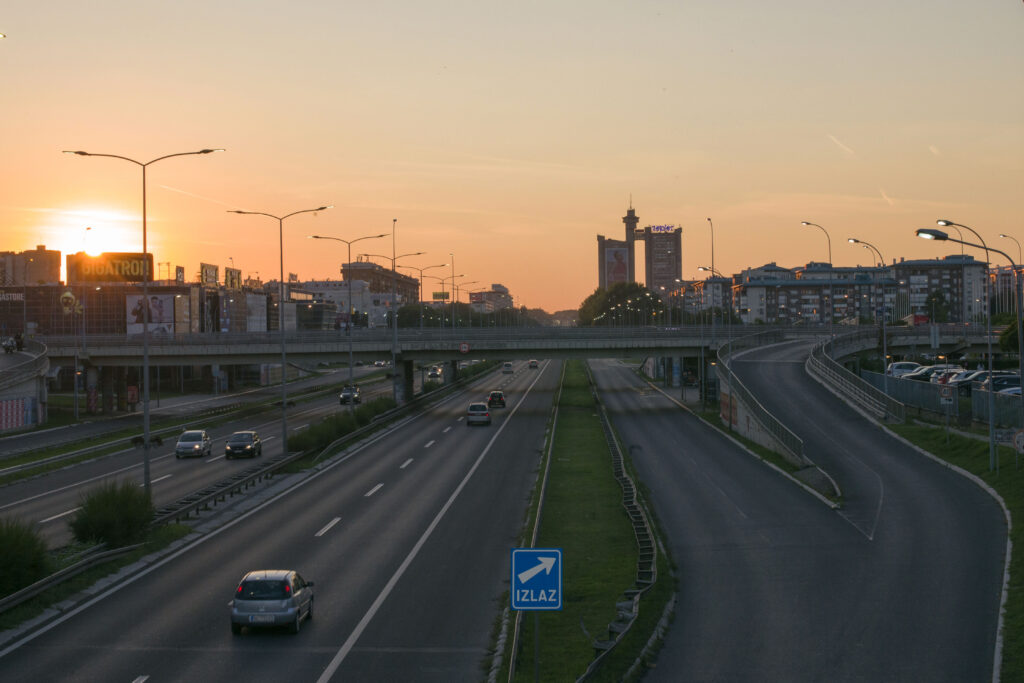
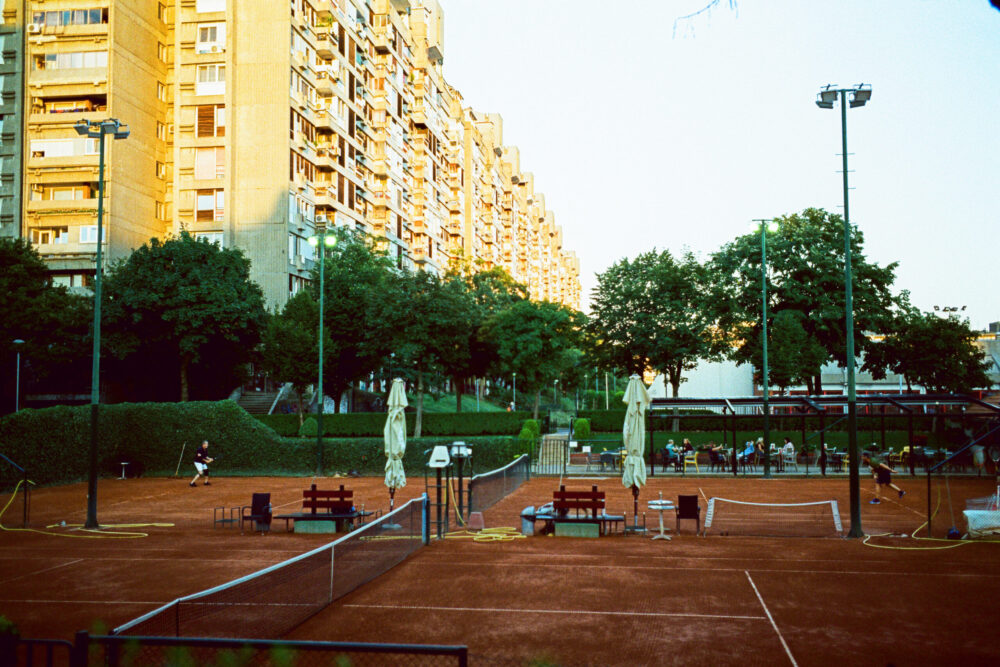
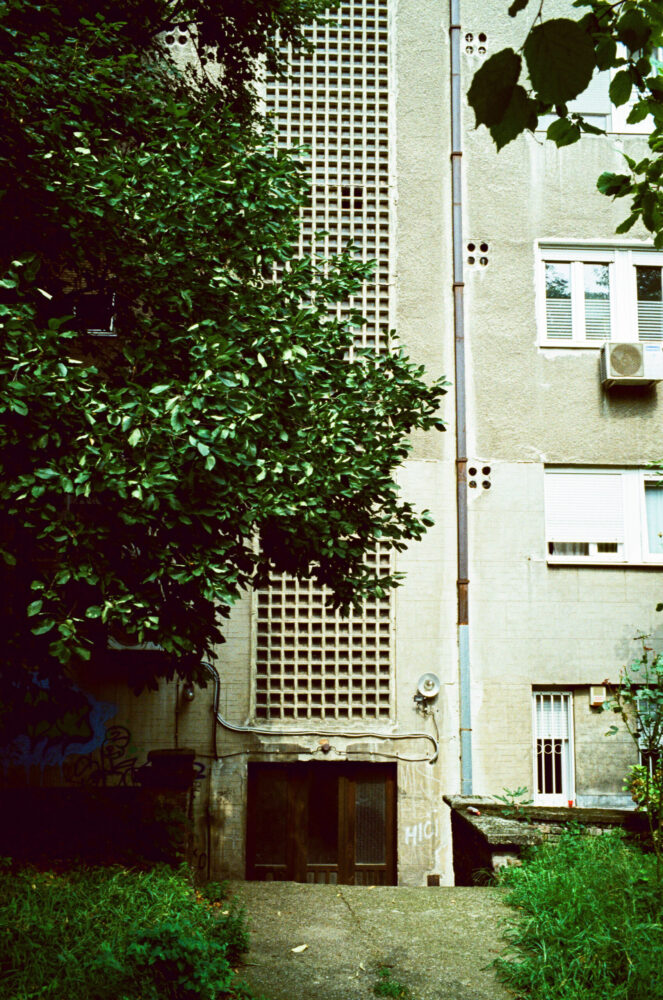
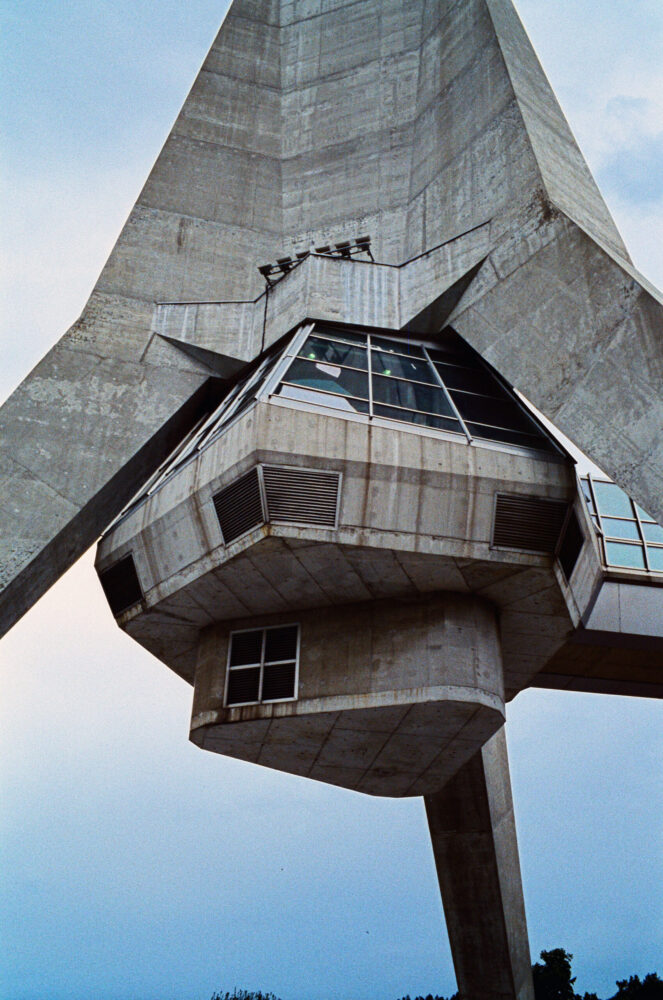
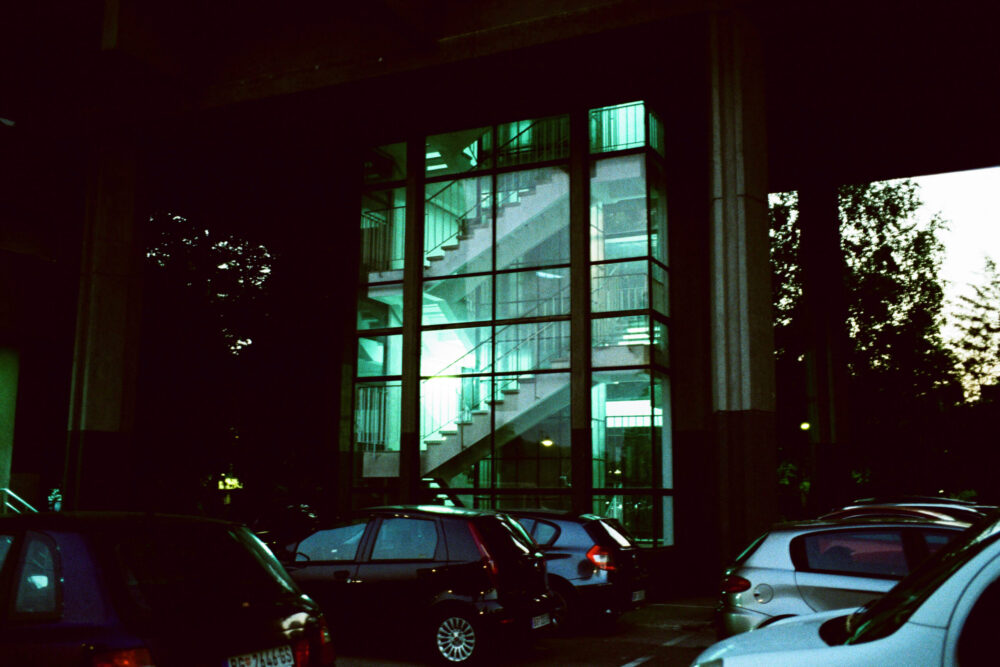
This photos were taken on slide positive film, but due to the lack of chemistry, they were developed just like regular negative film. It seems to me that houses “on legs” (last photo) above are impossible in our time – this is the lack of shops on the ground floors and minus apartments that could be sold.
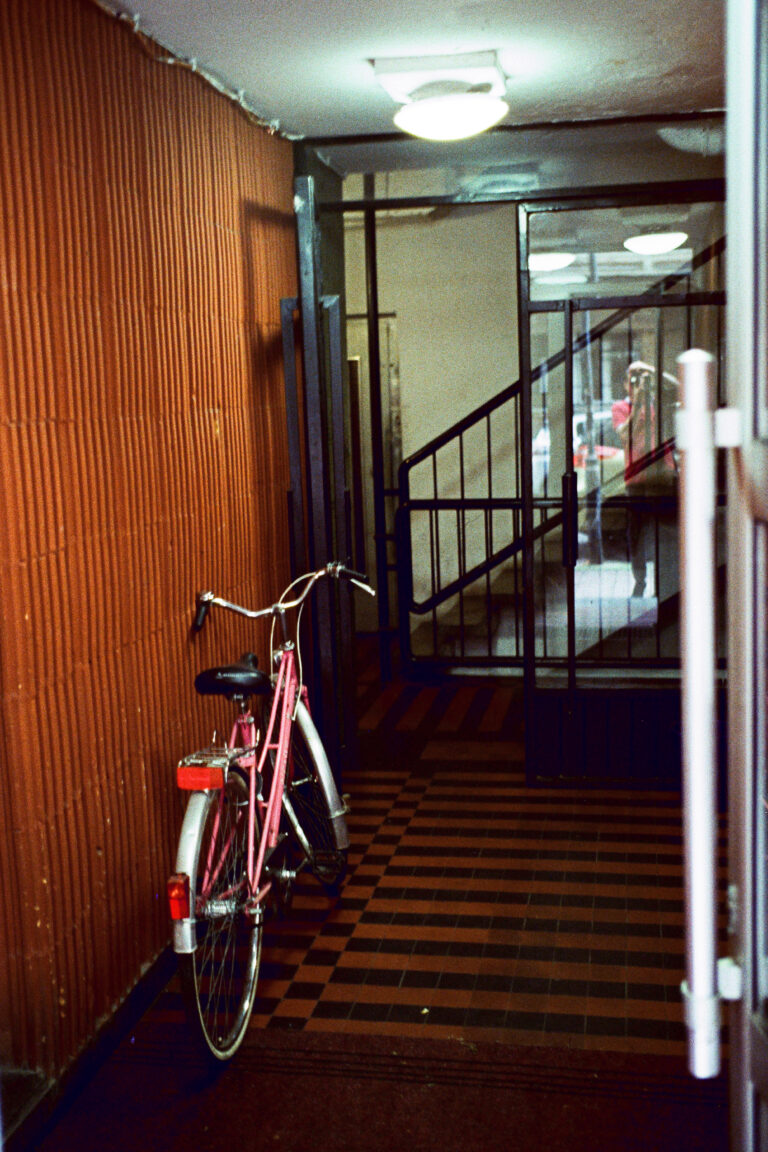
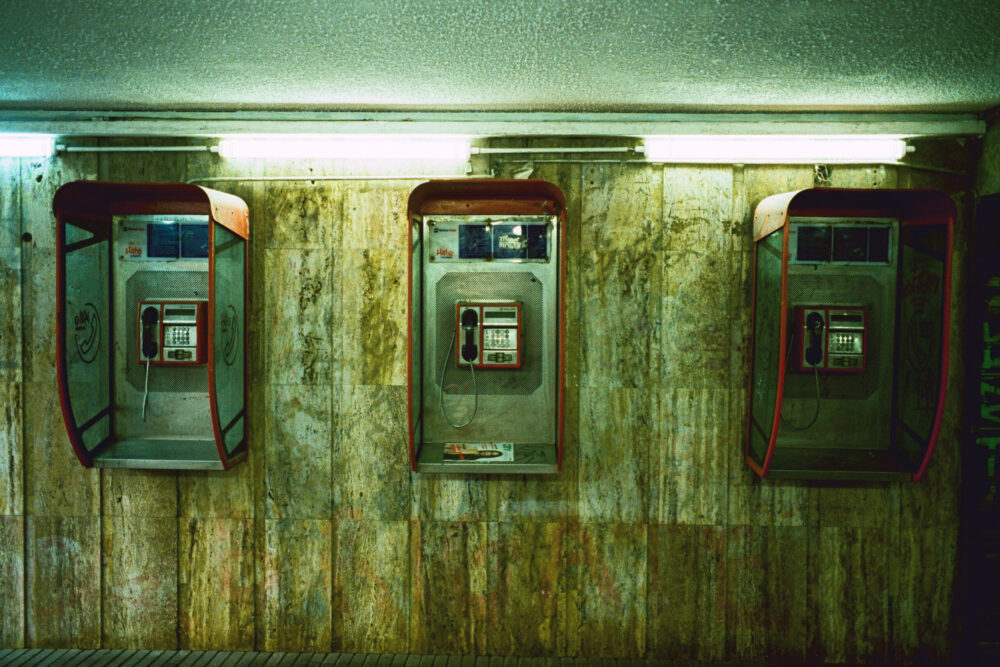
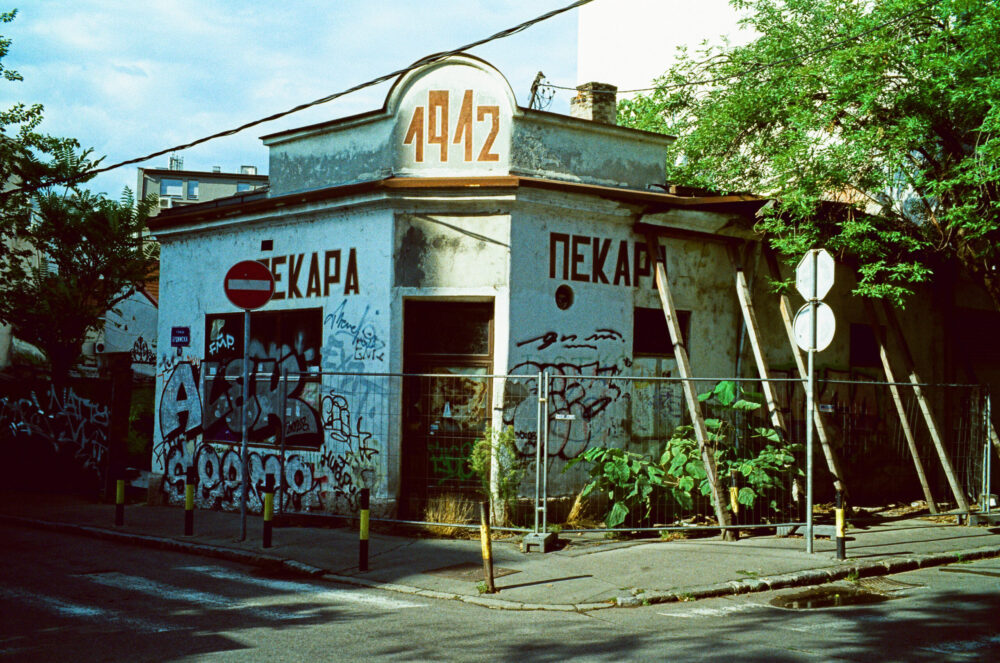
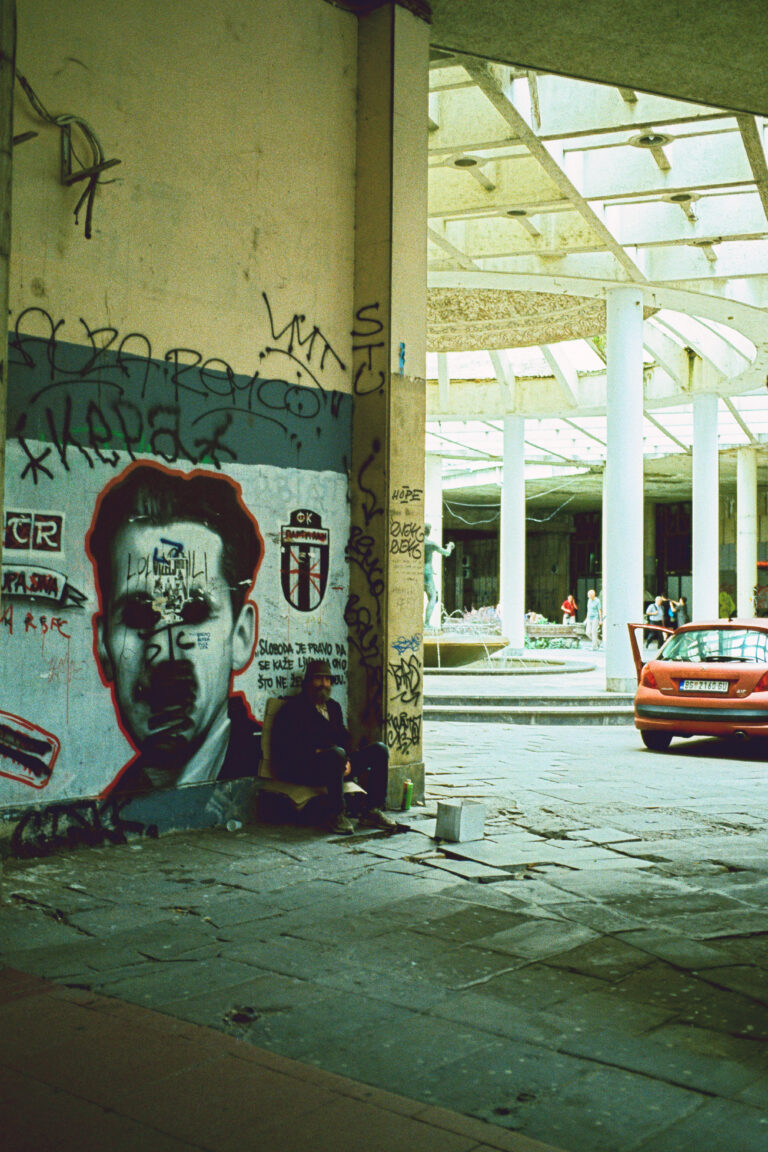
…
Would I recommend visiting Belgrade? I don’t think it’s for everyone. It is difficult to decide for others. Belgrade doesn’t have much of the entertainment that we are used to in big cities such as Moscow or Istanbul. There are not many shopping centers or cinemas and not many bars and clubs. Belgrade personally showed me a place for creativity and dreams, a place where you can live, but not running away from reality – this is not necessary there. Reality is timeless.
